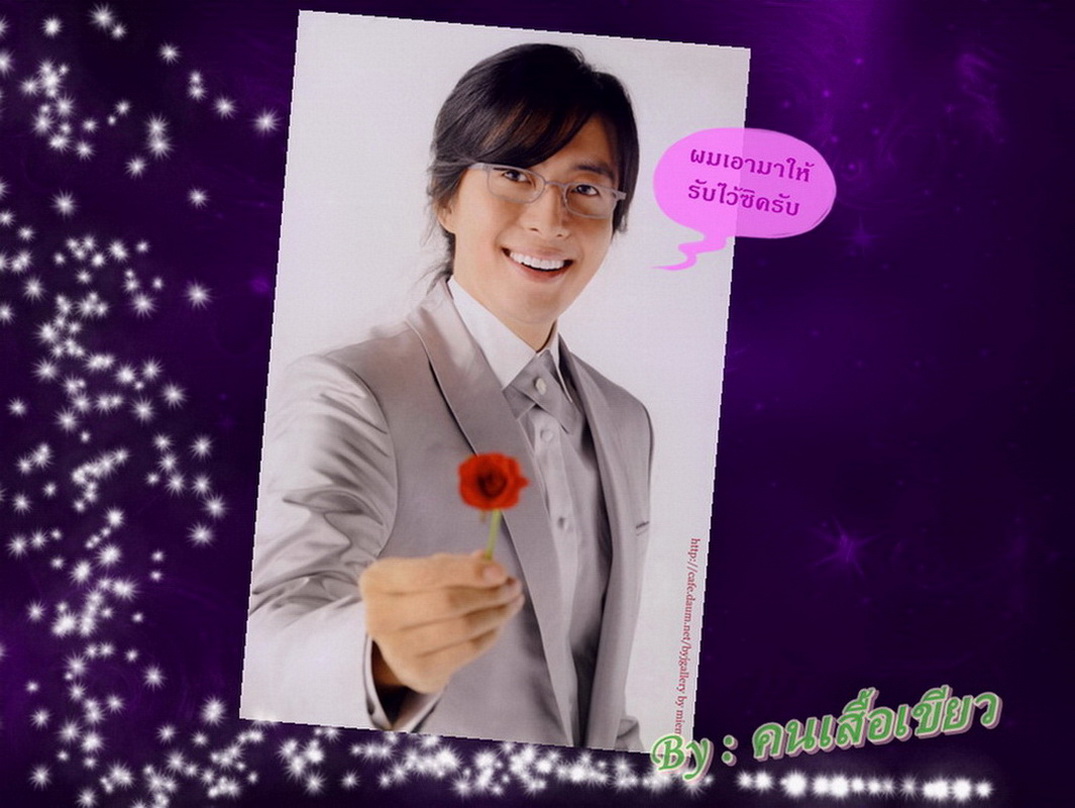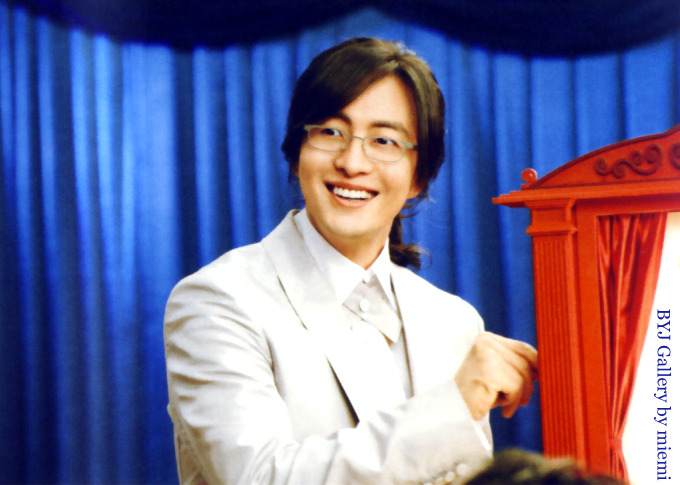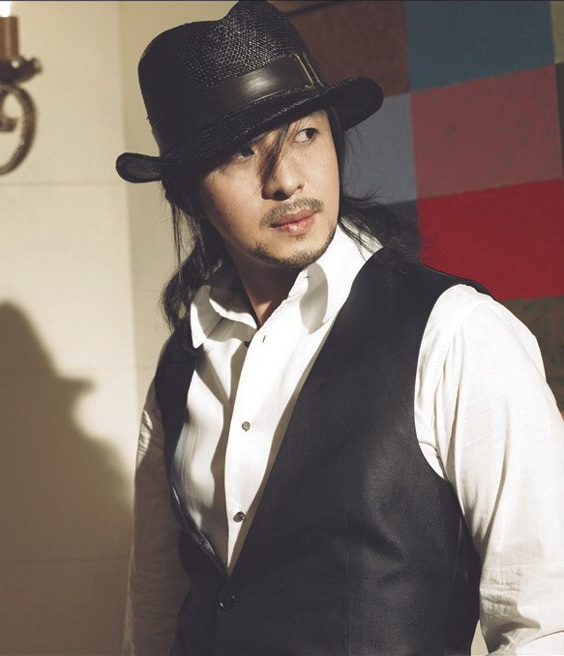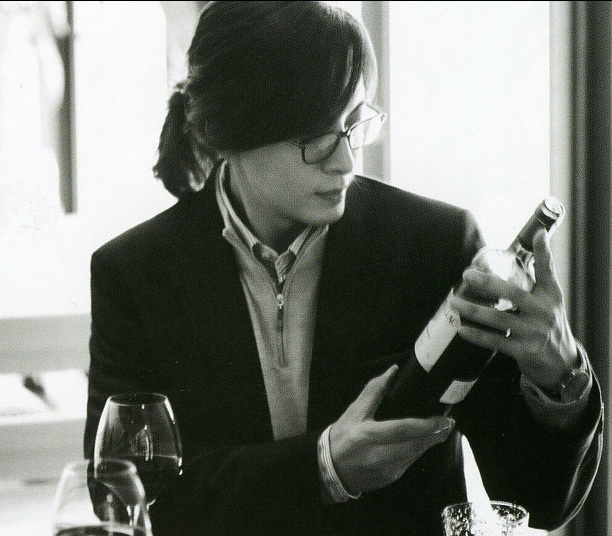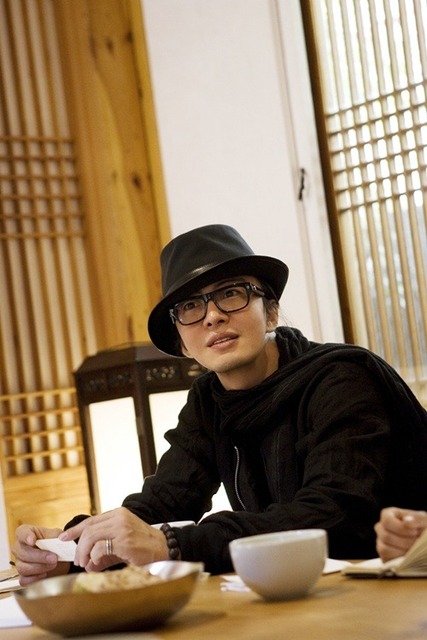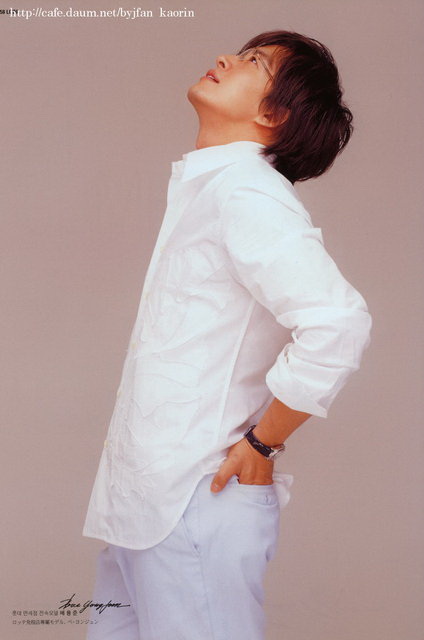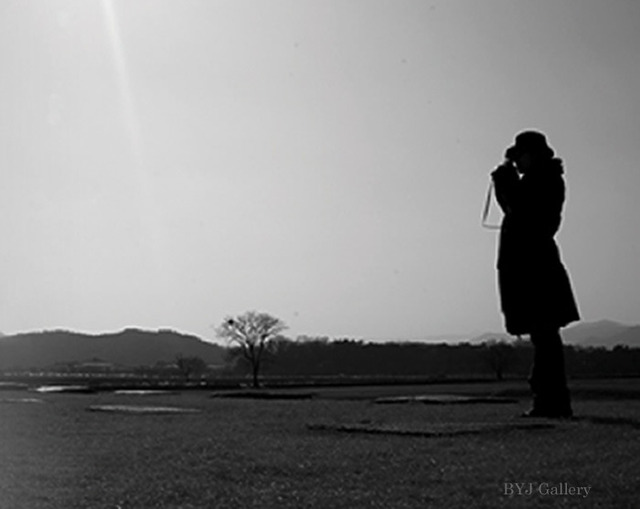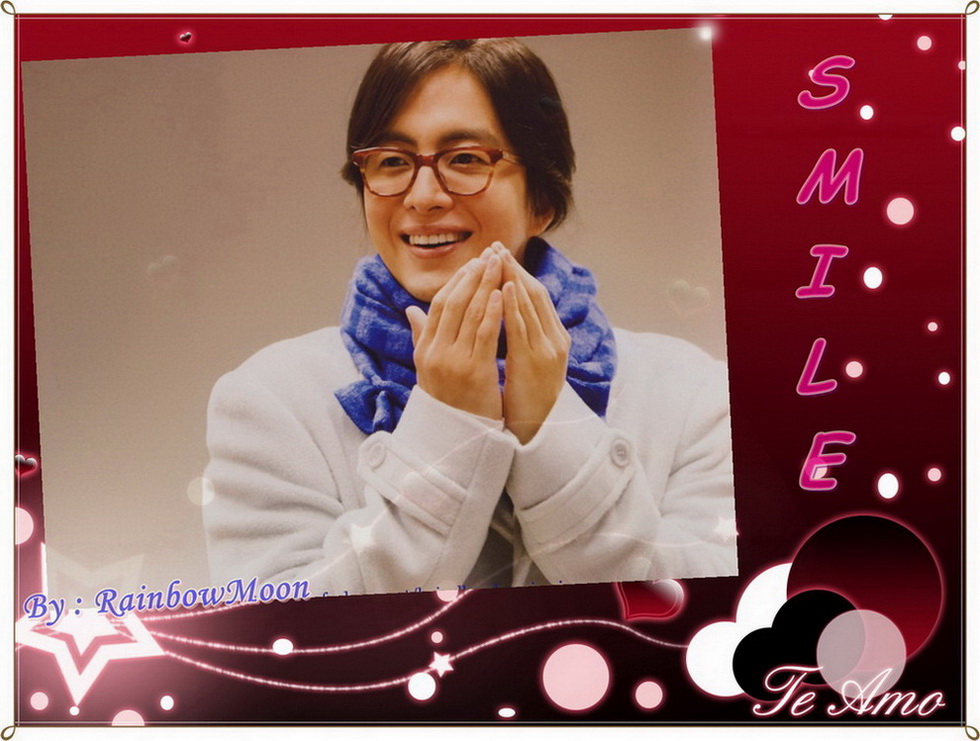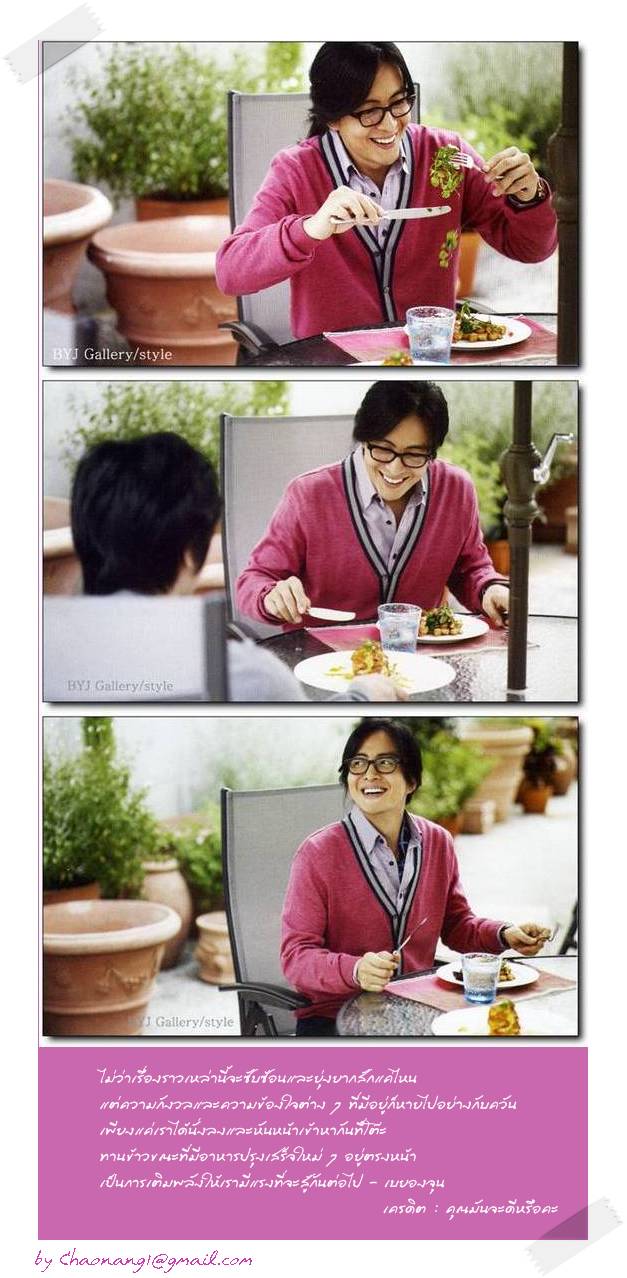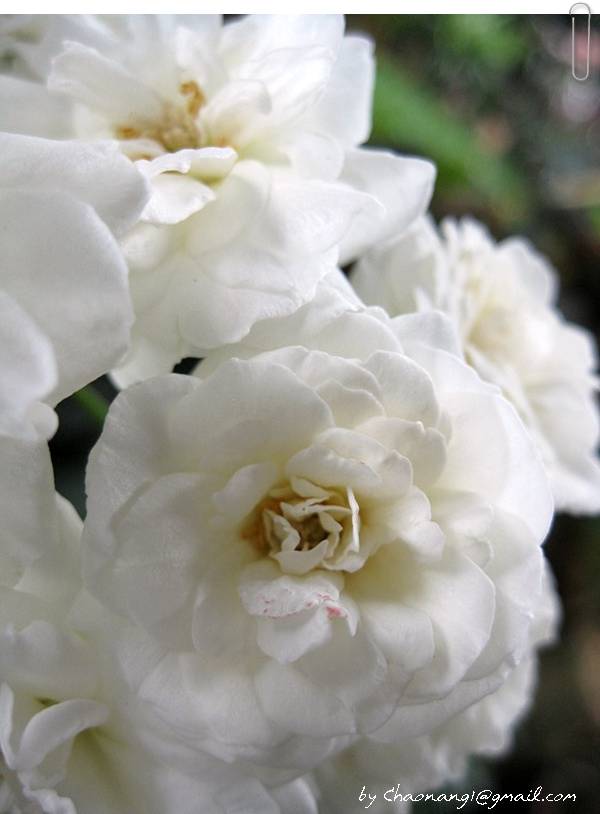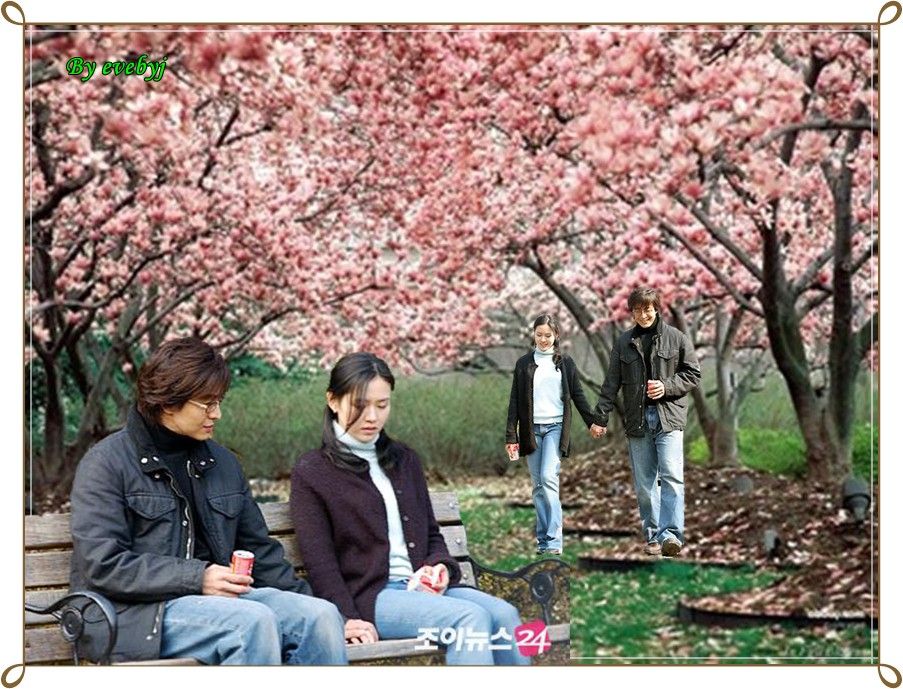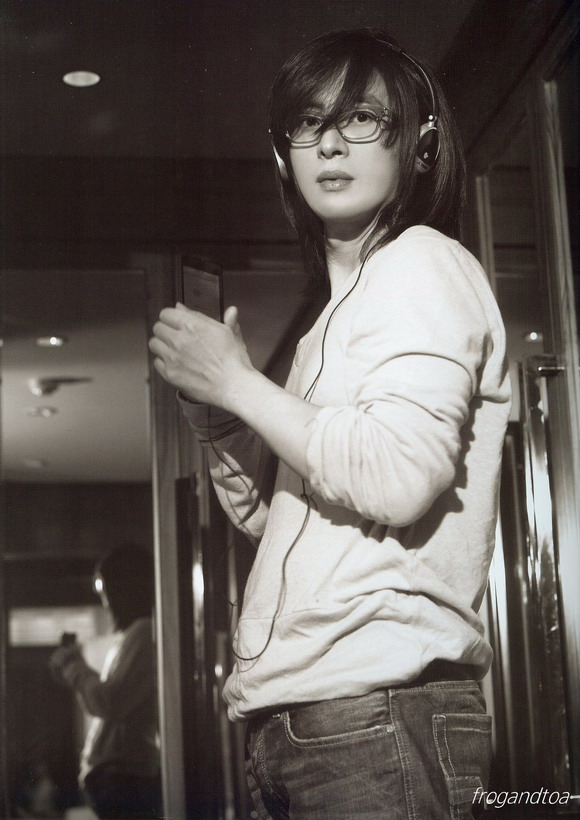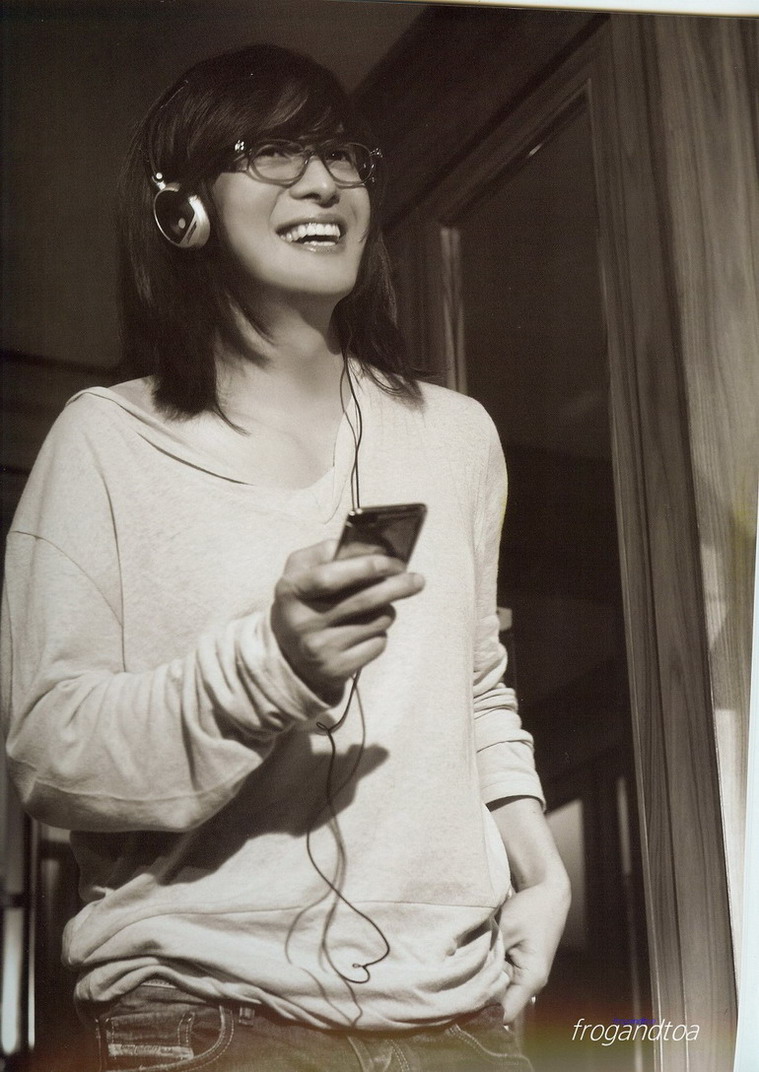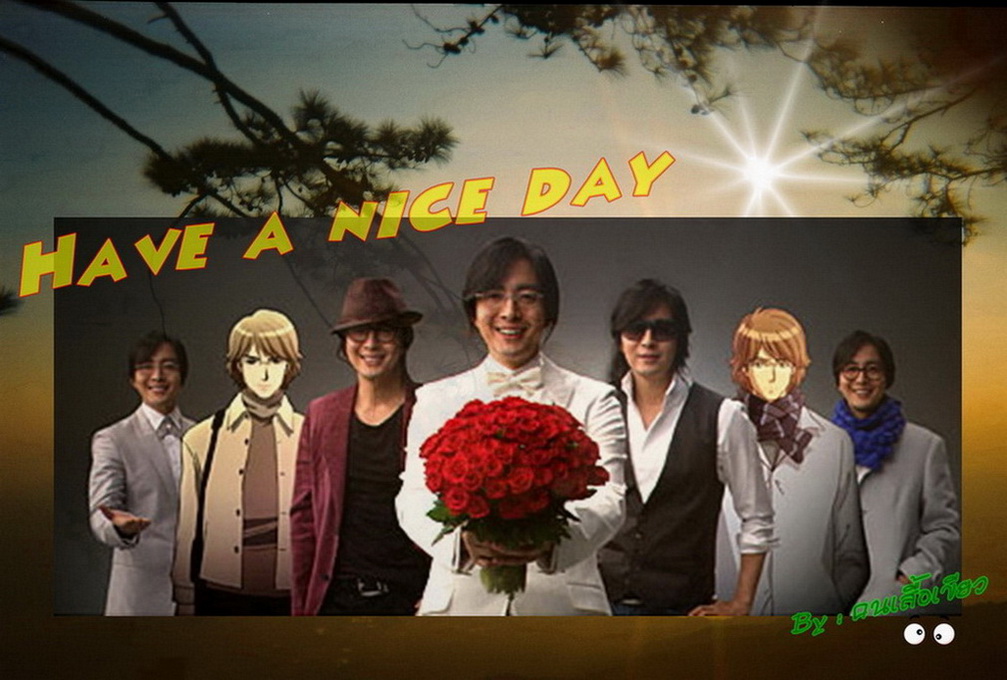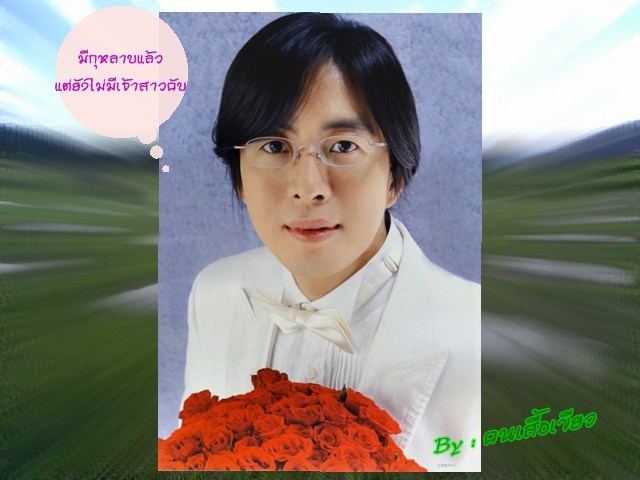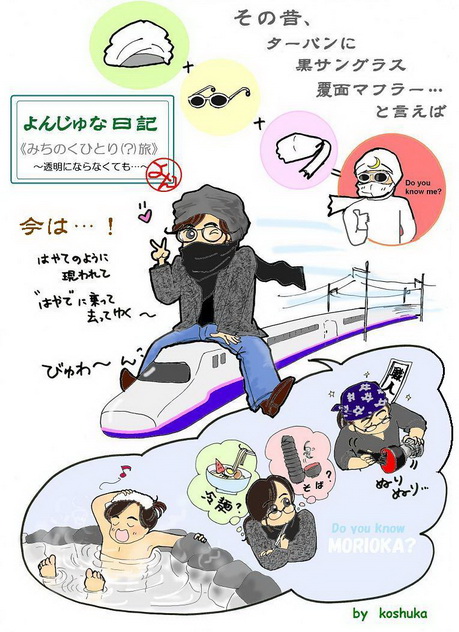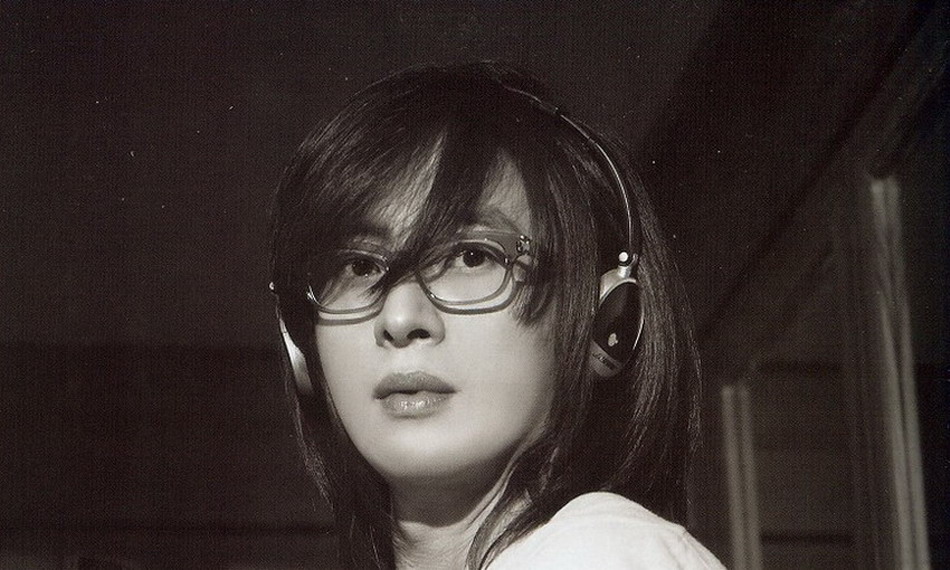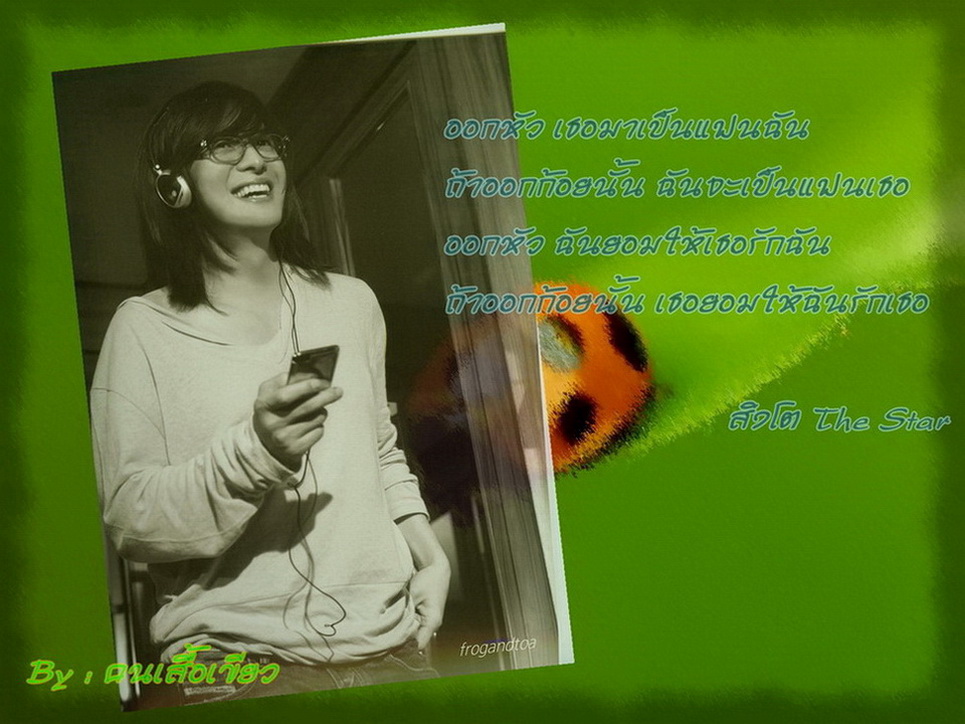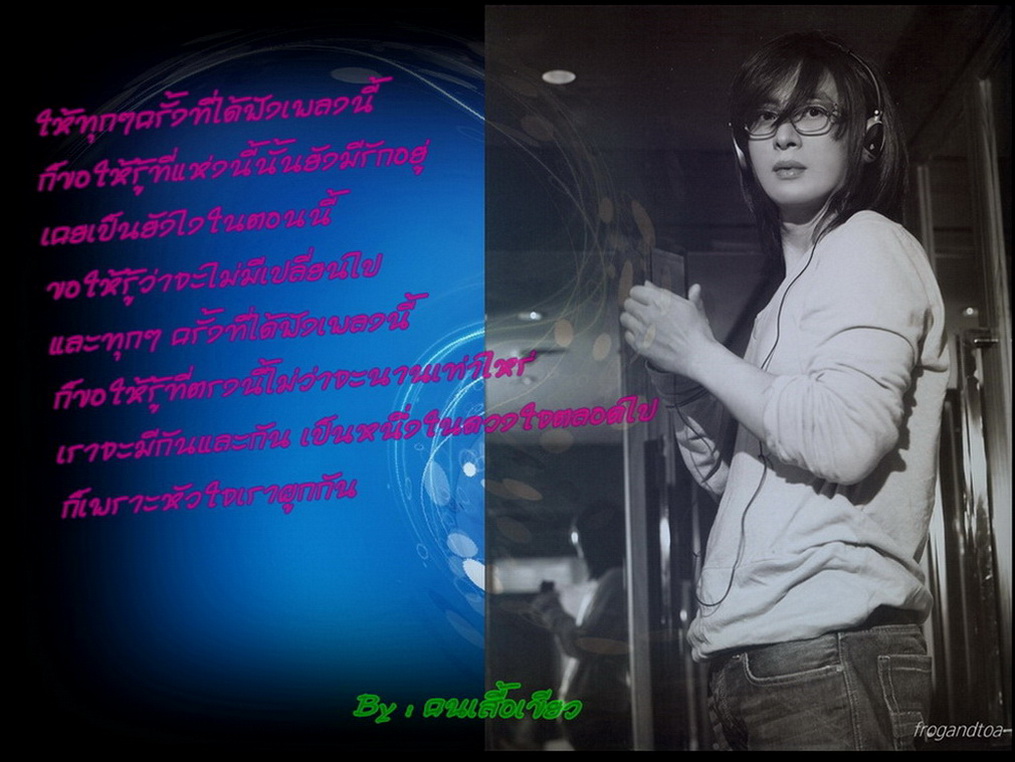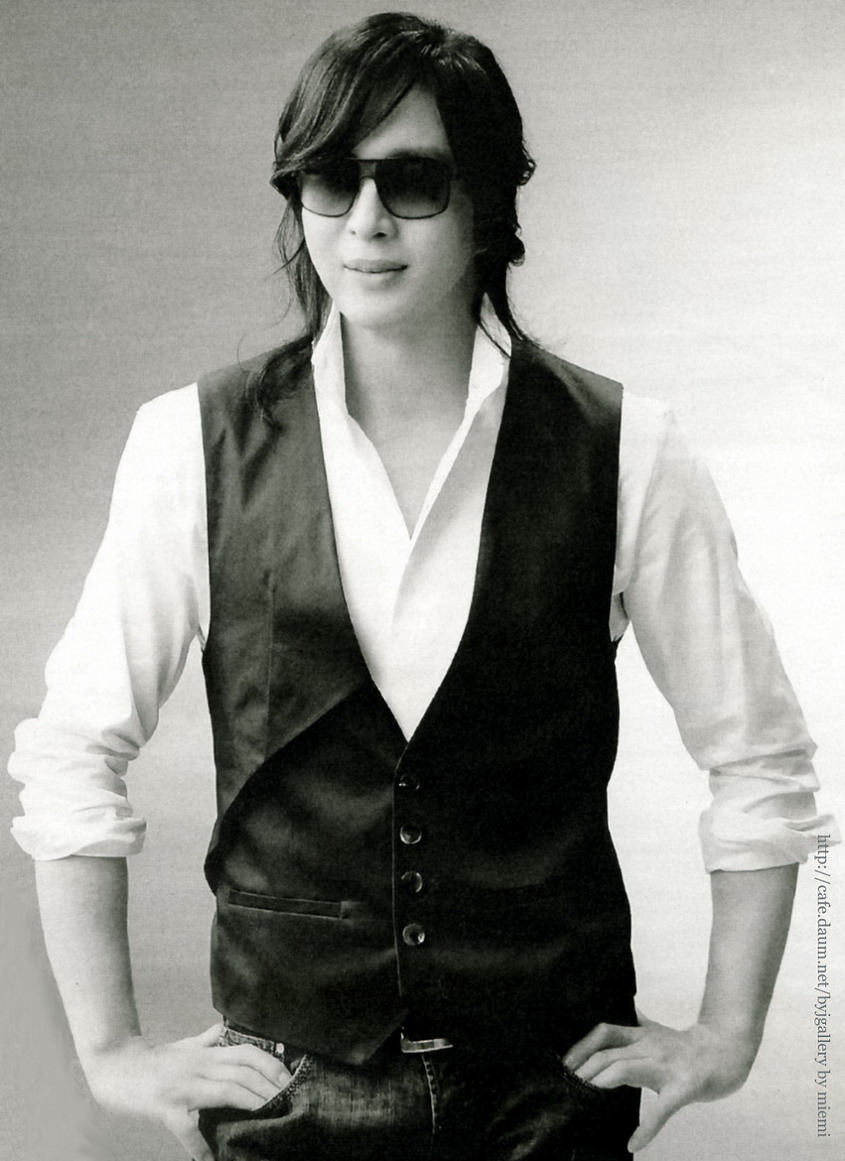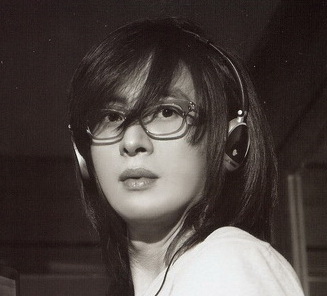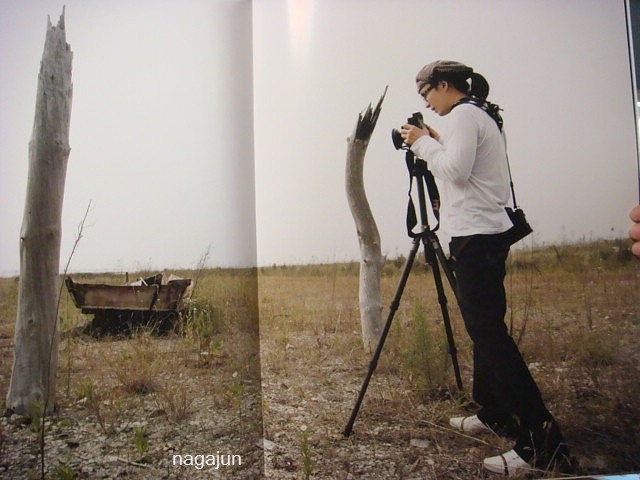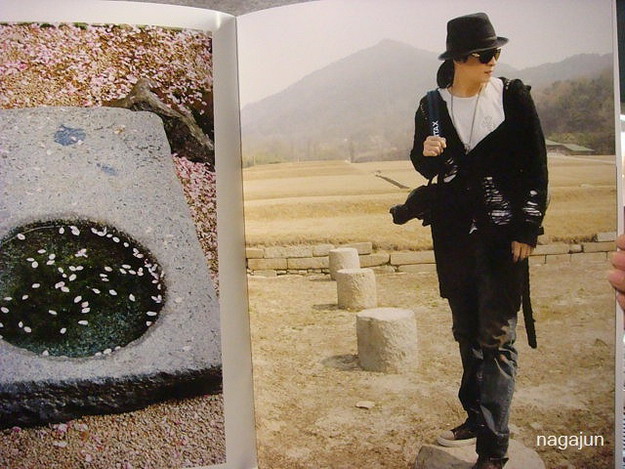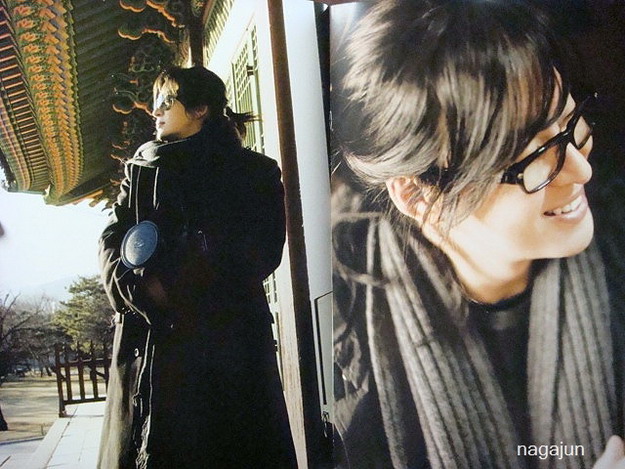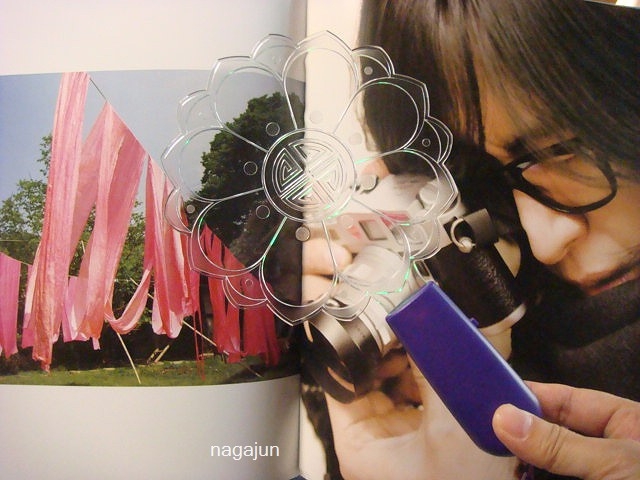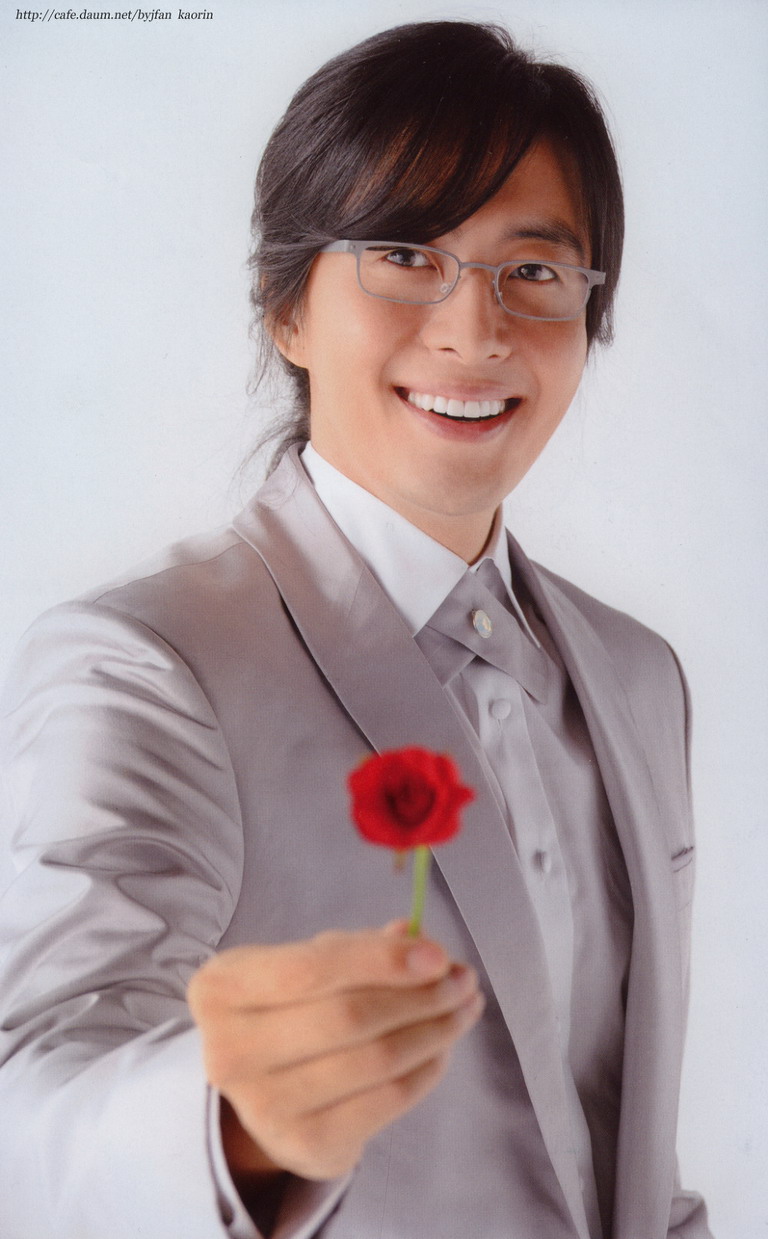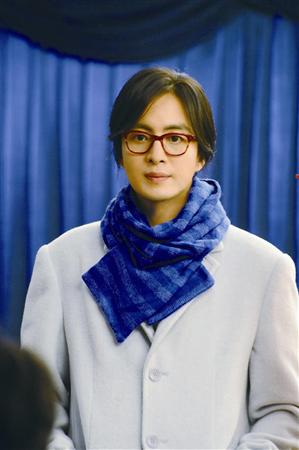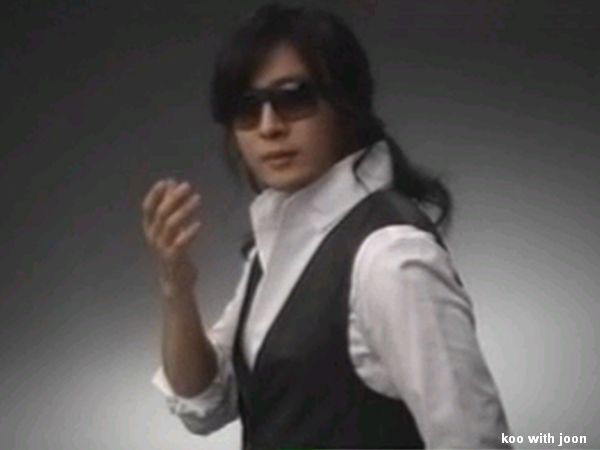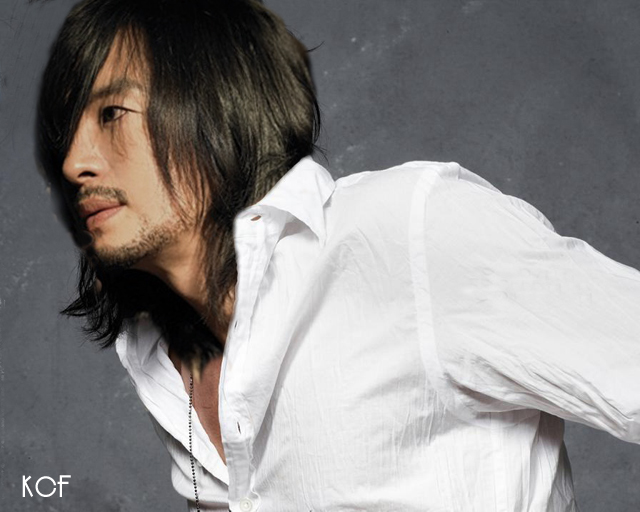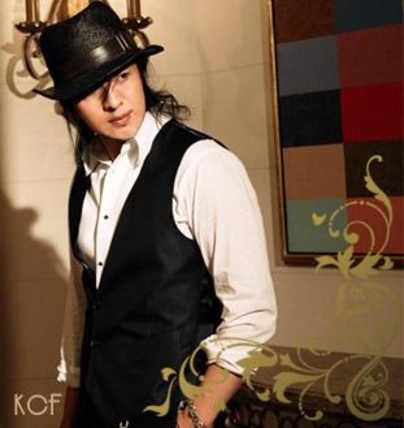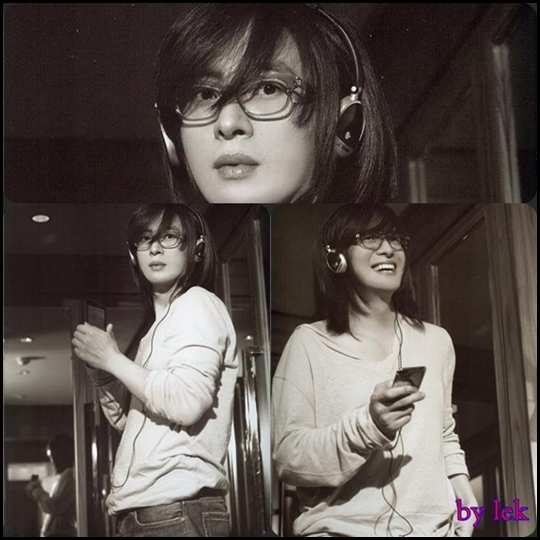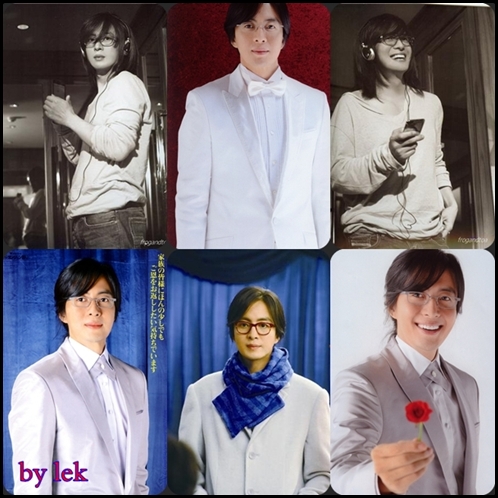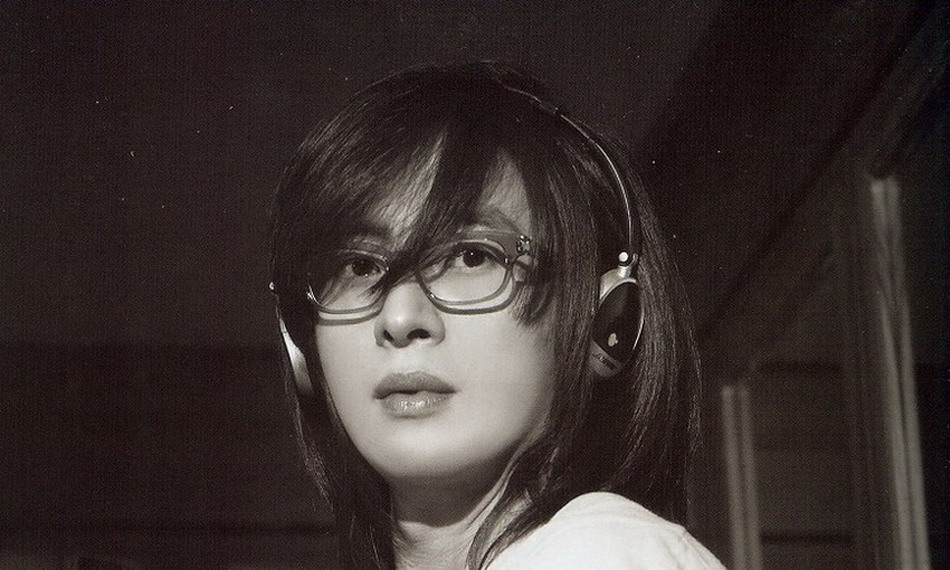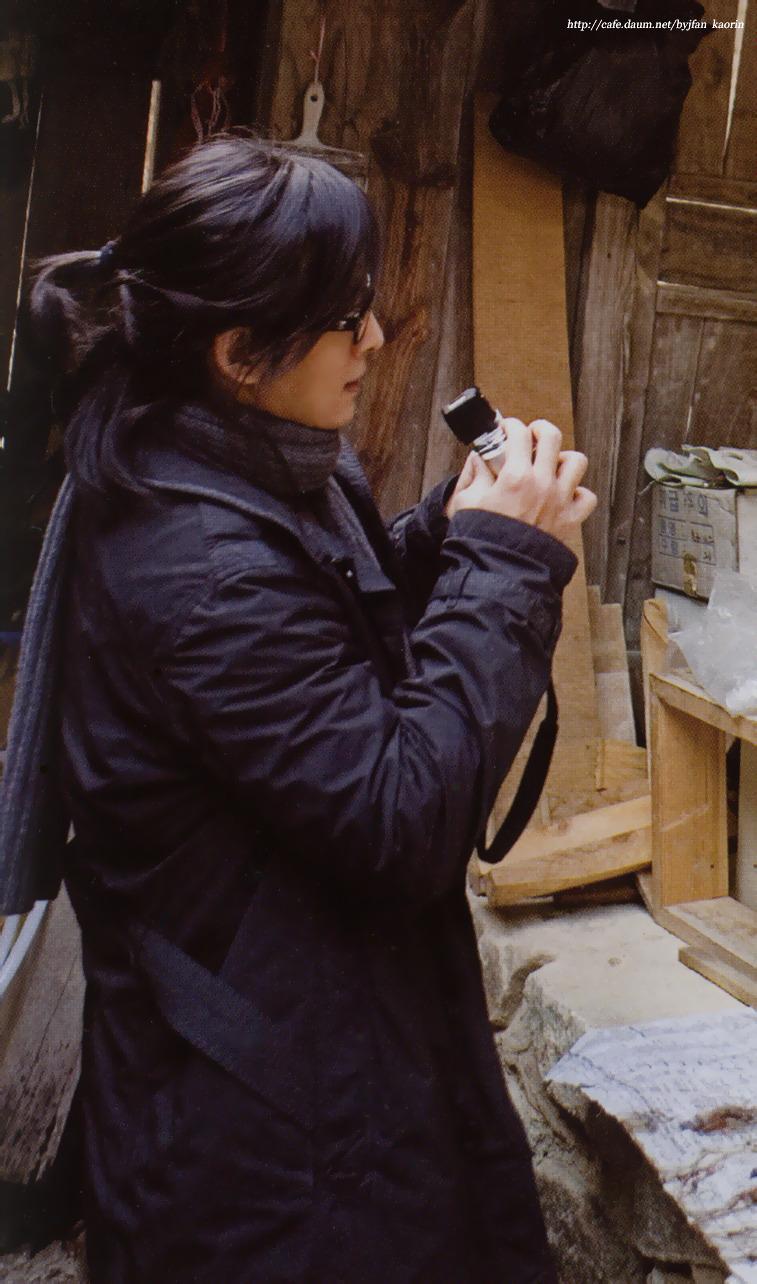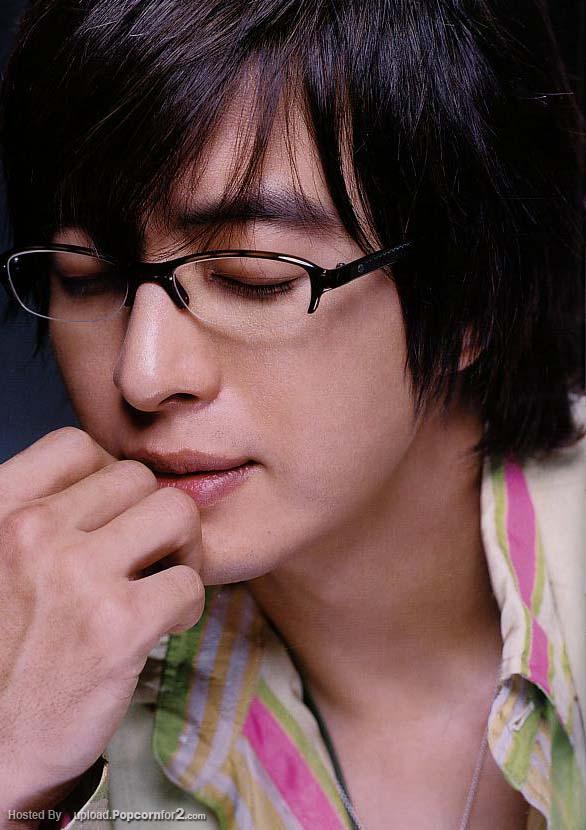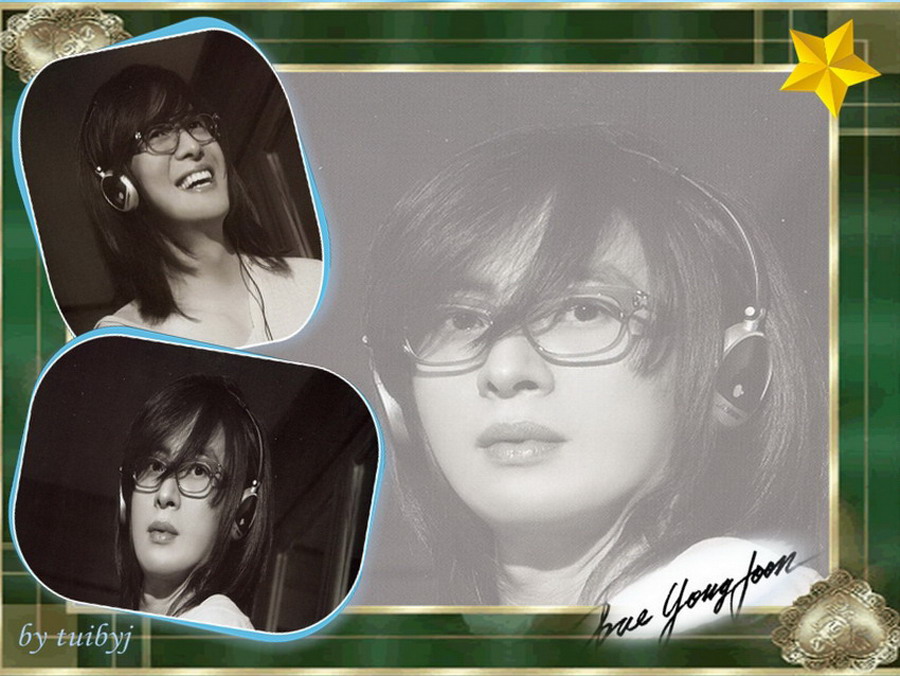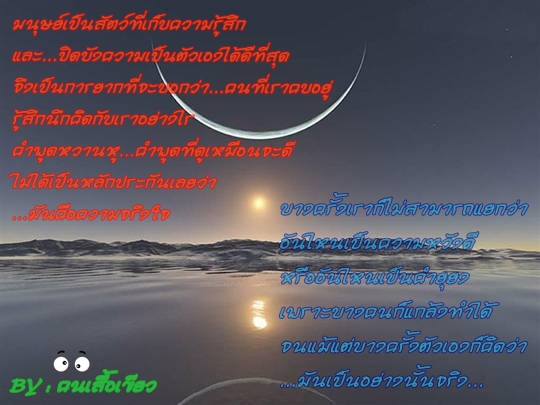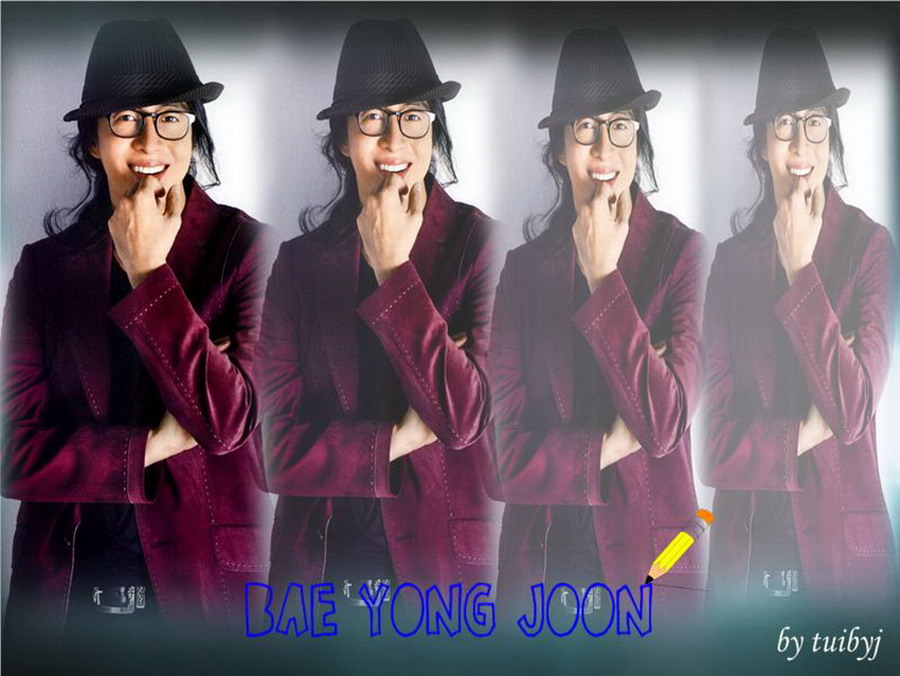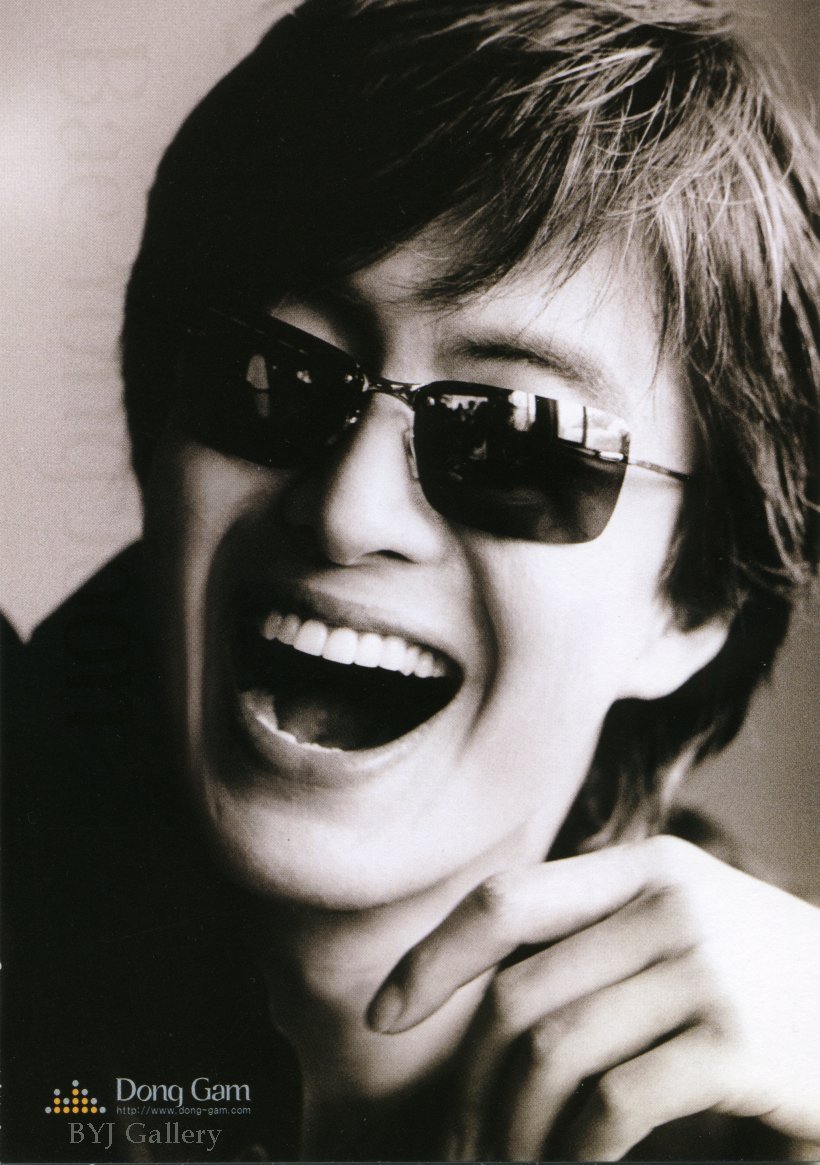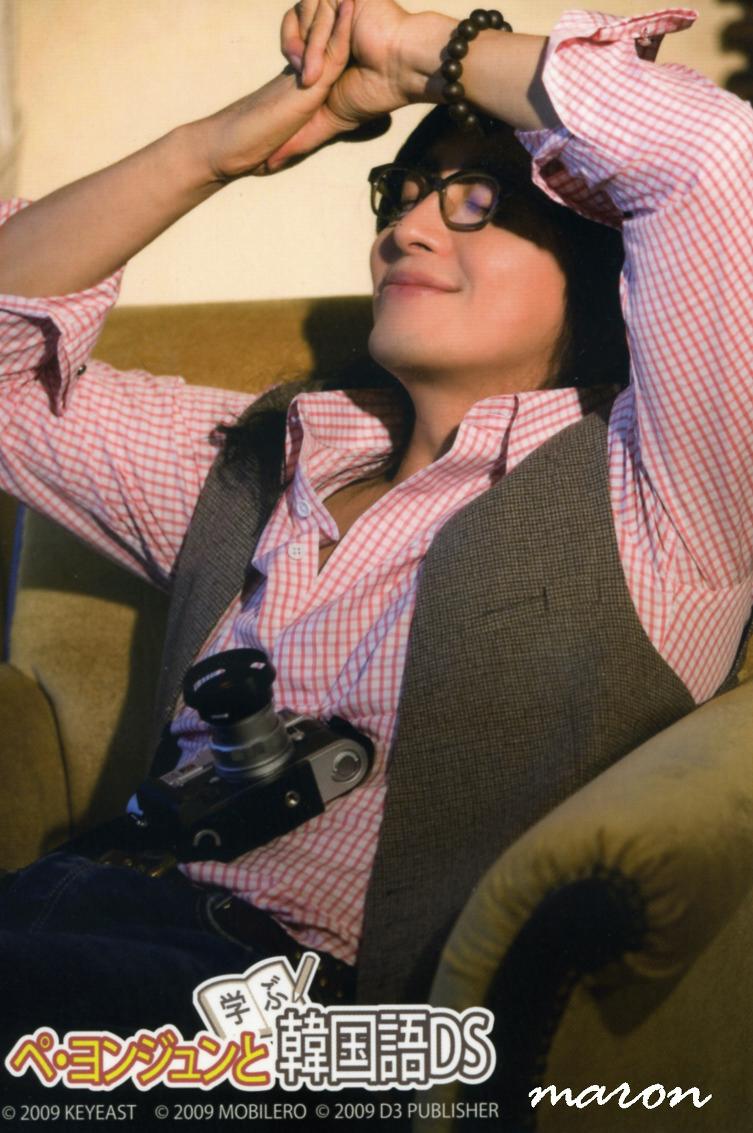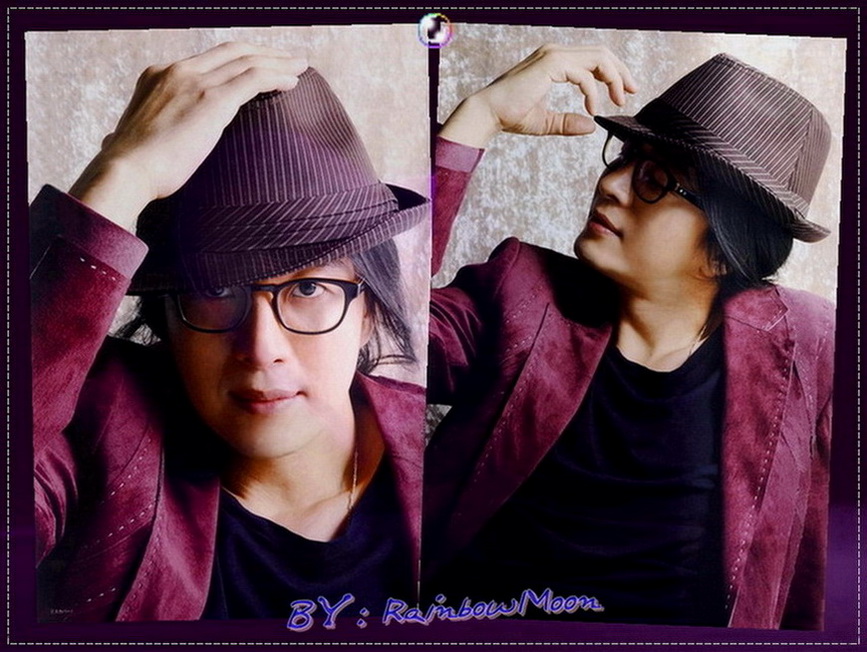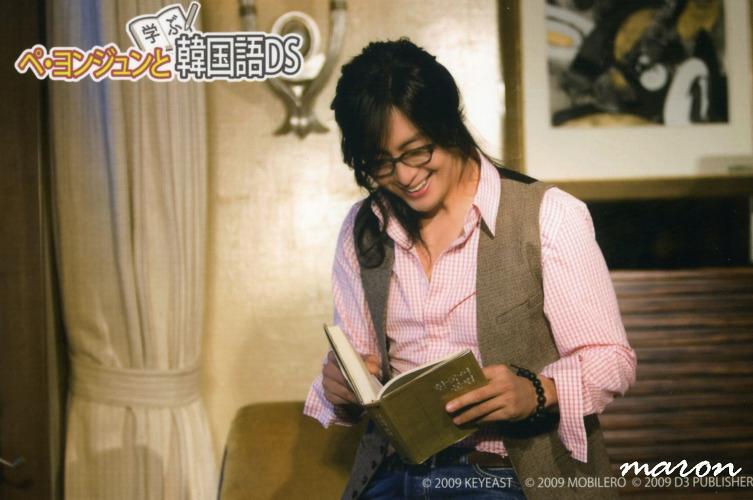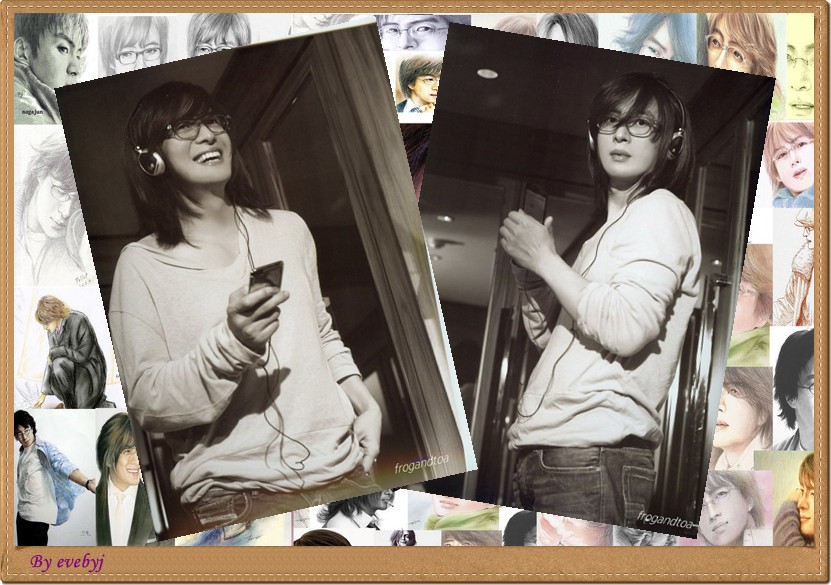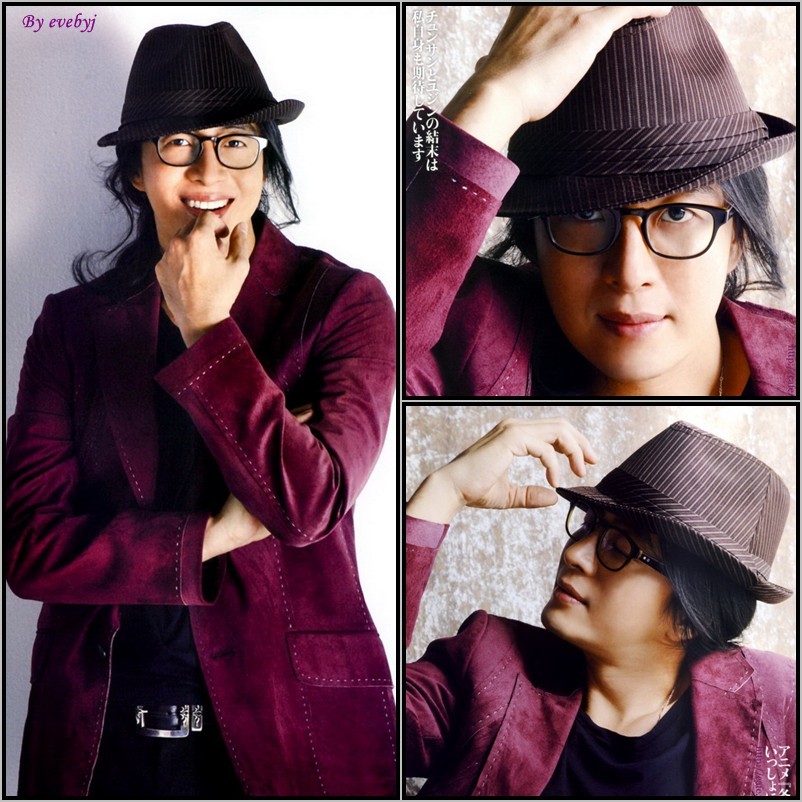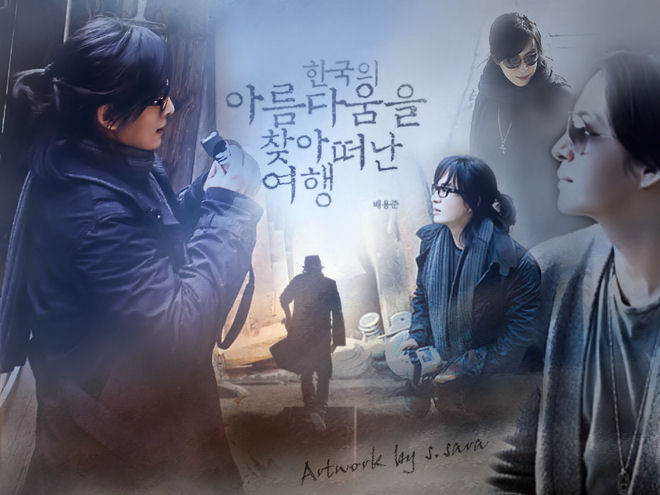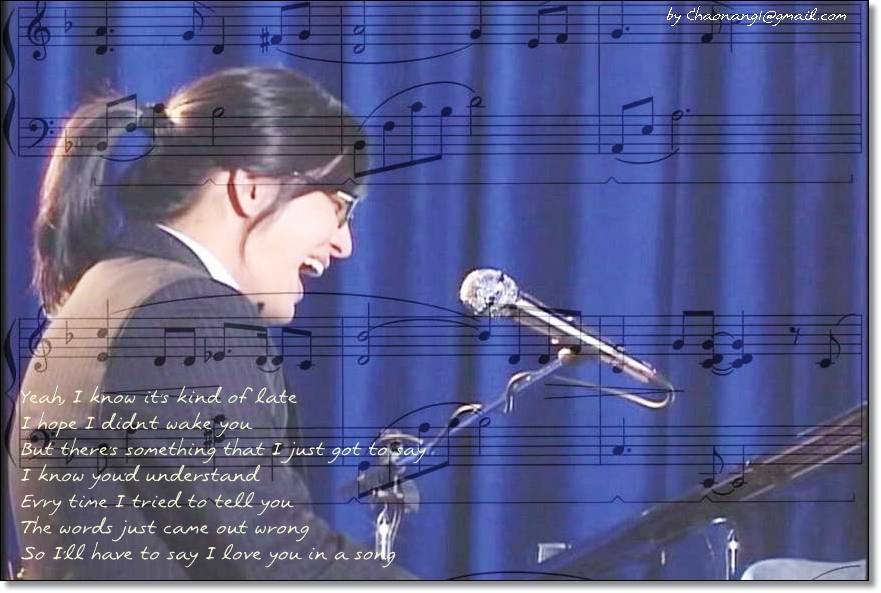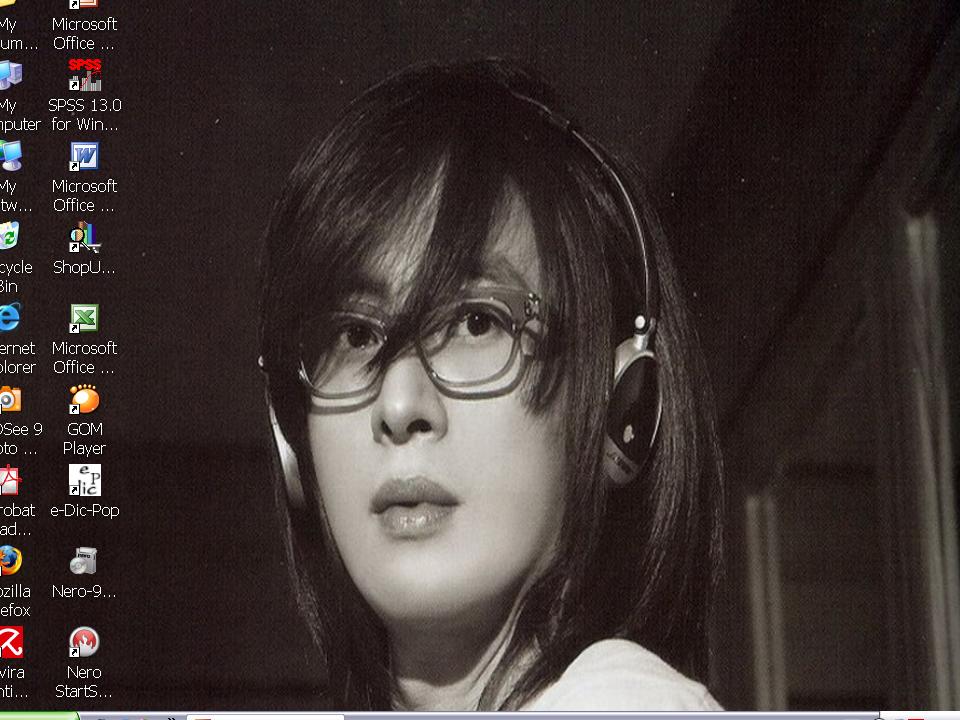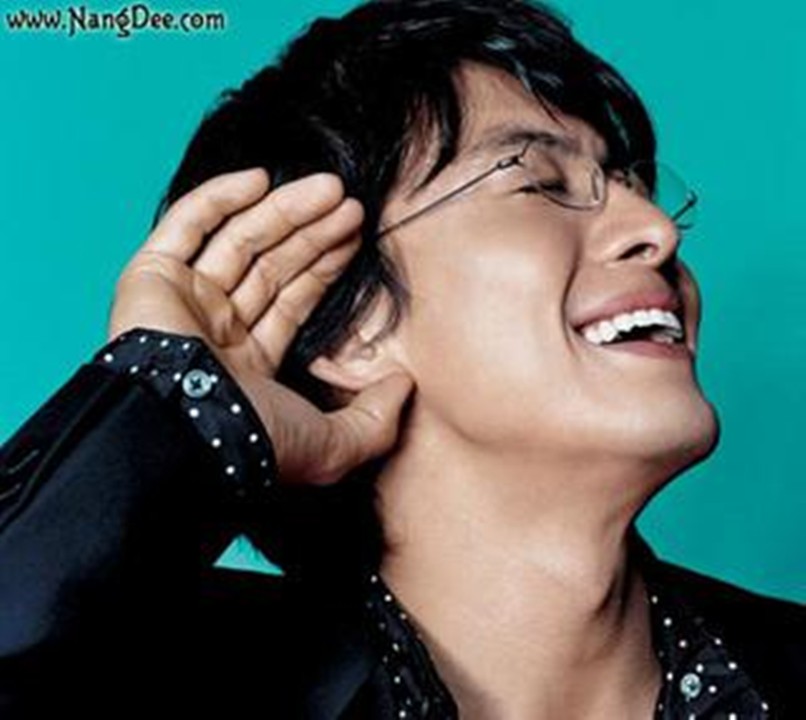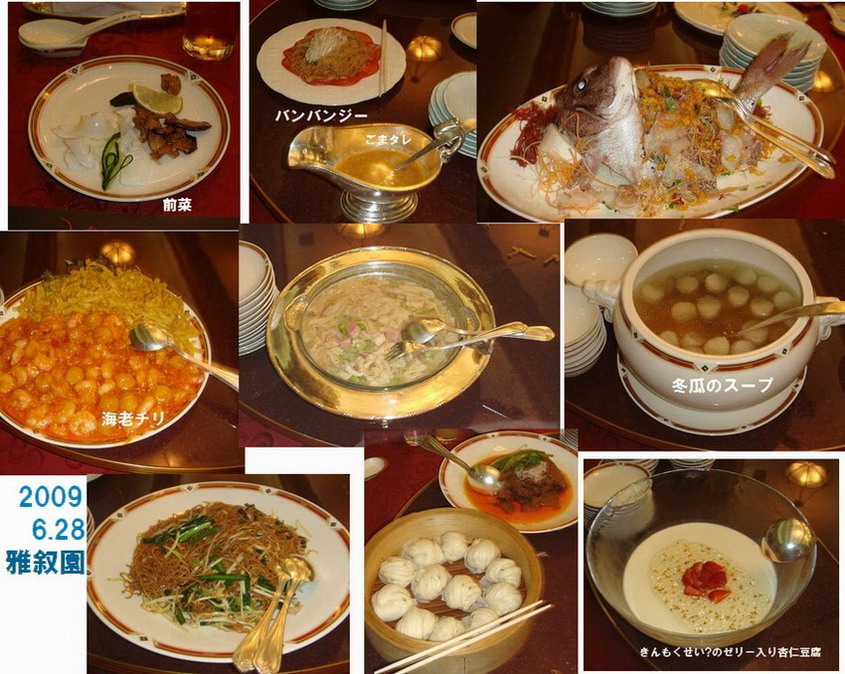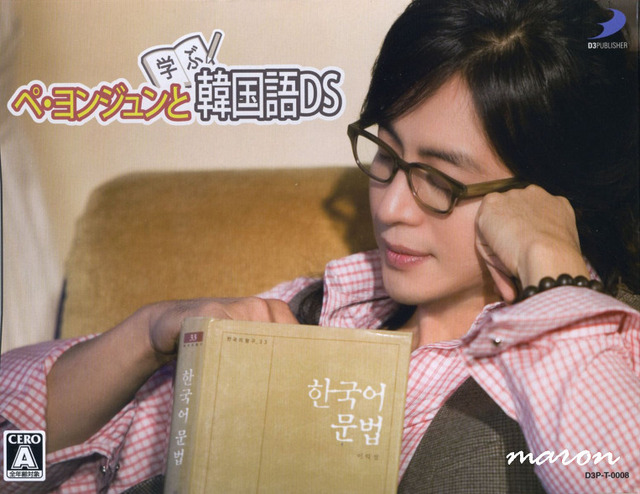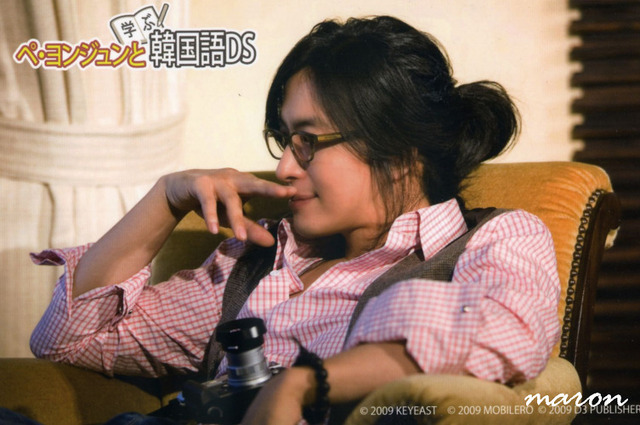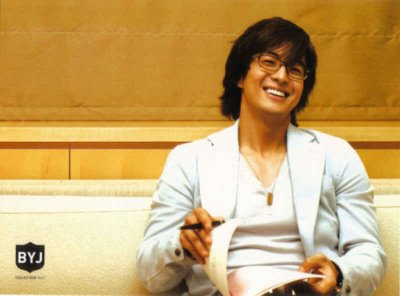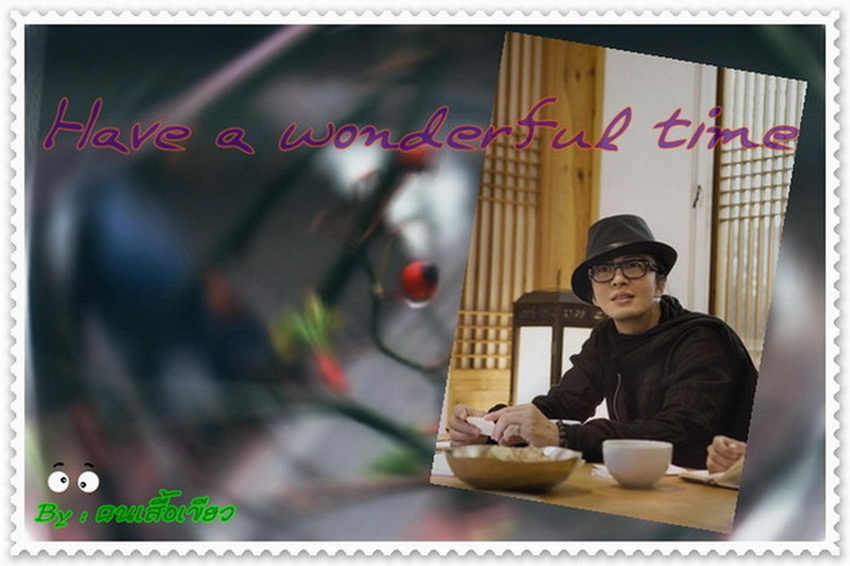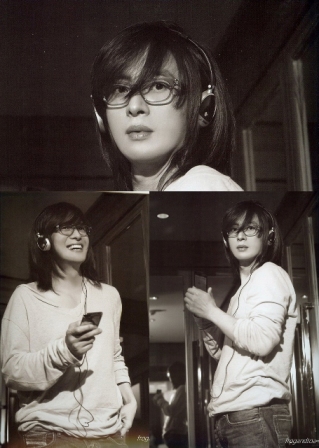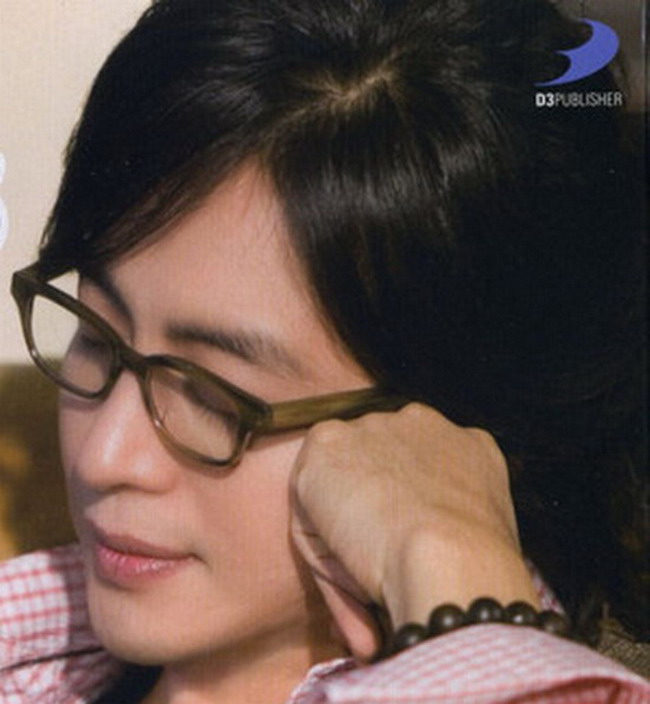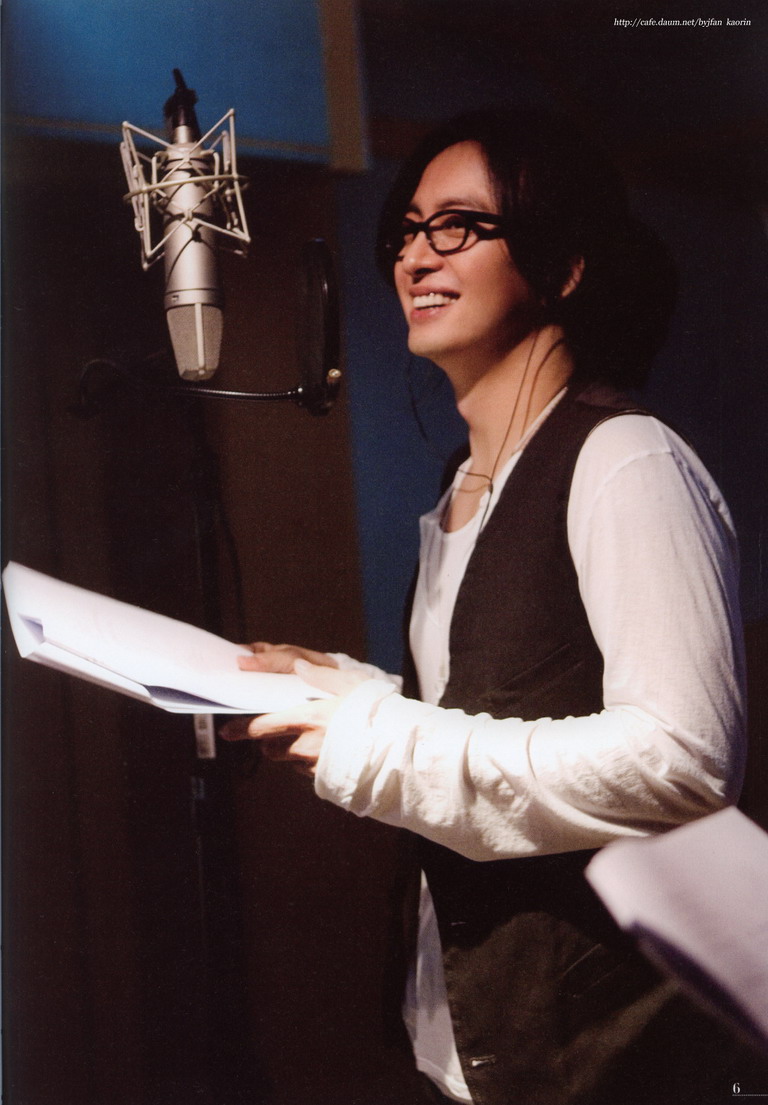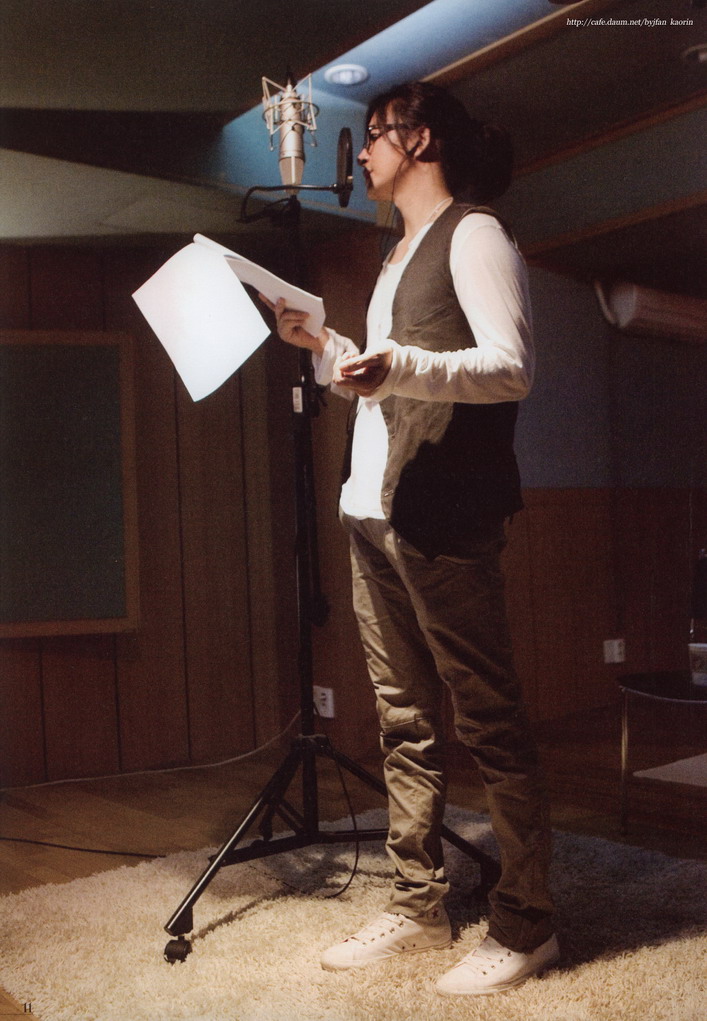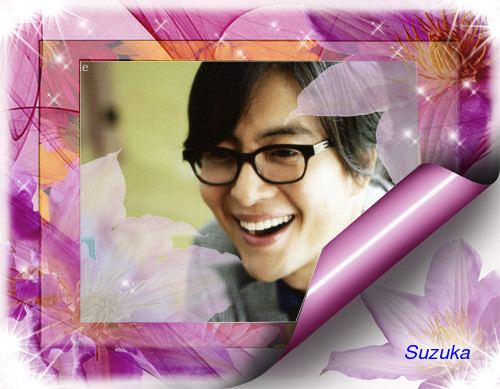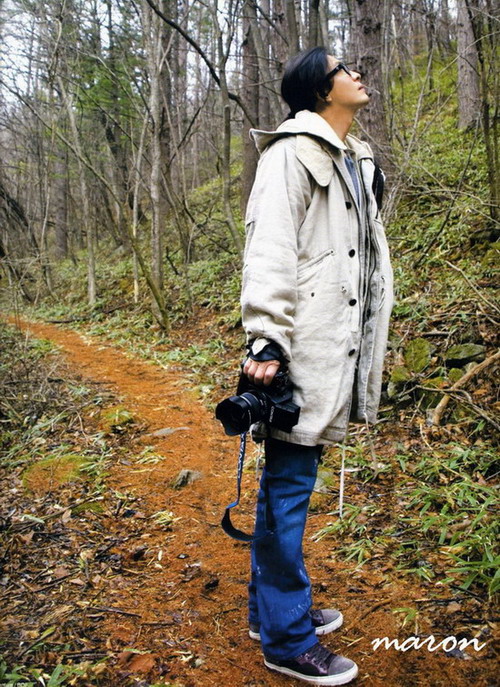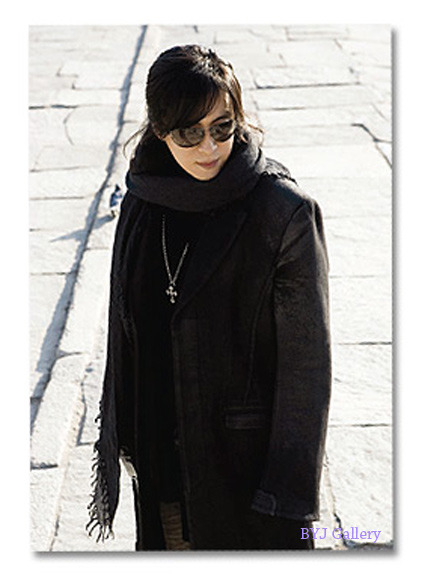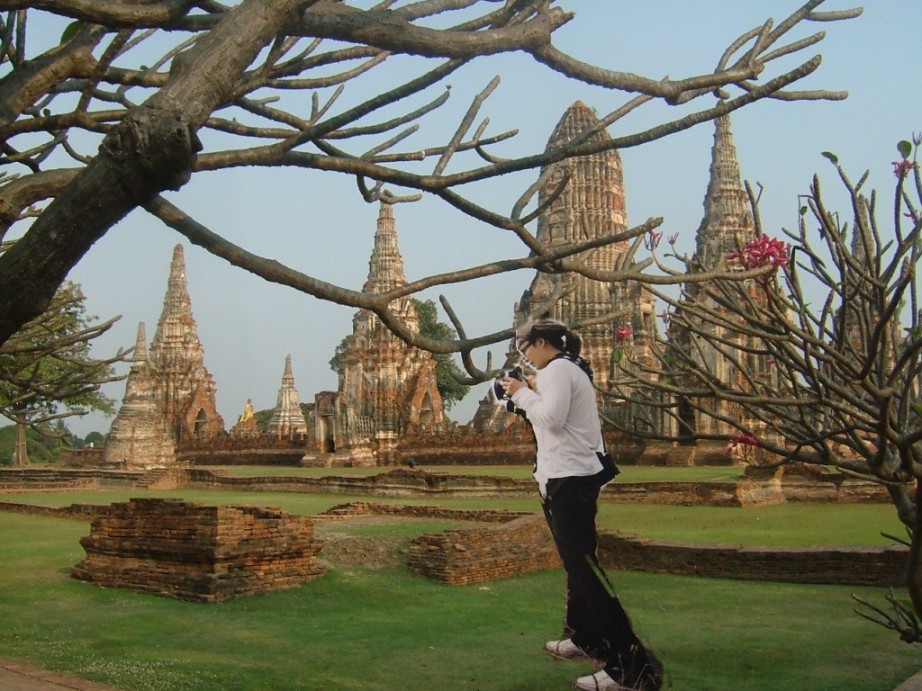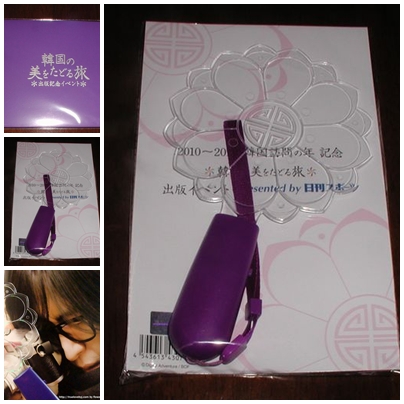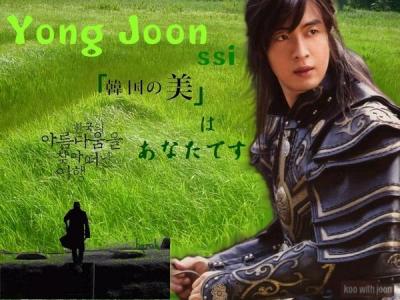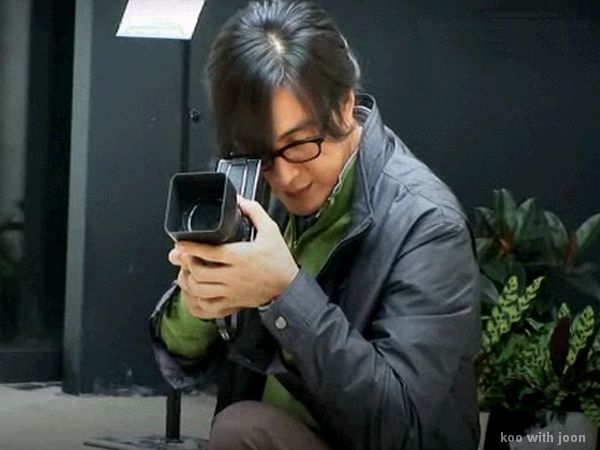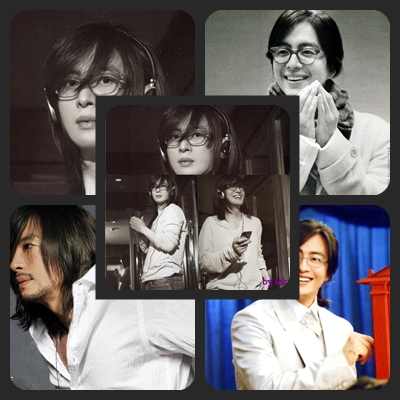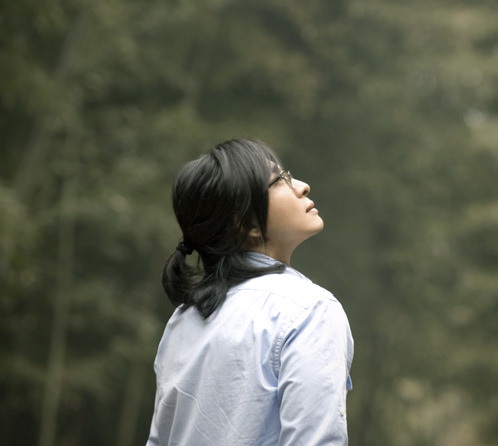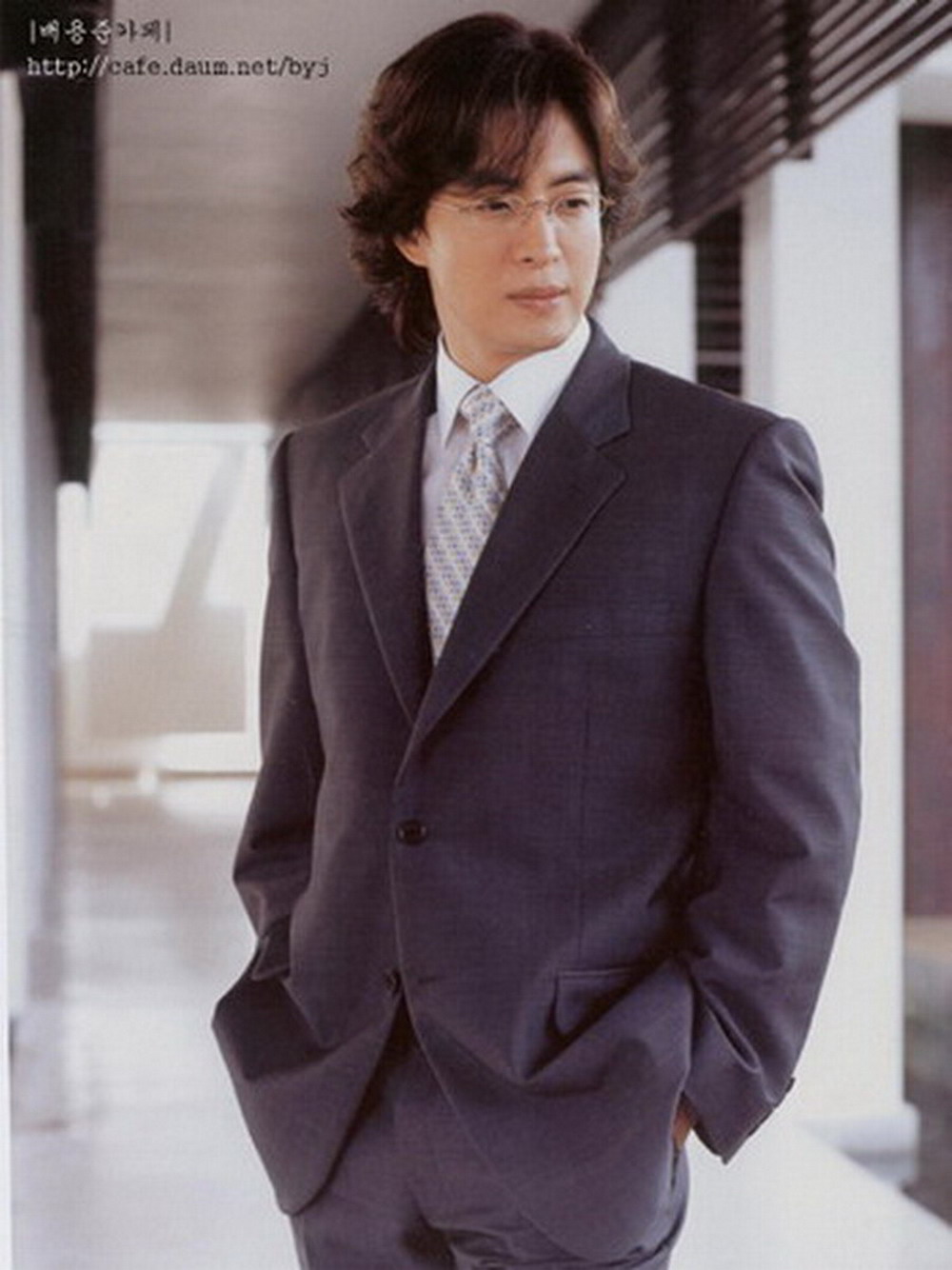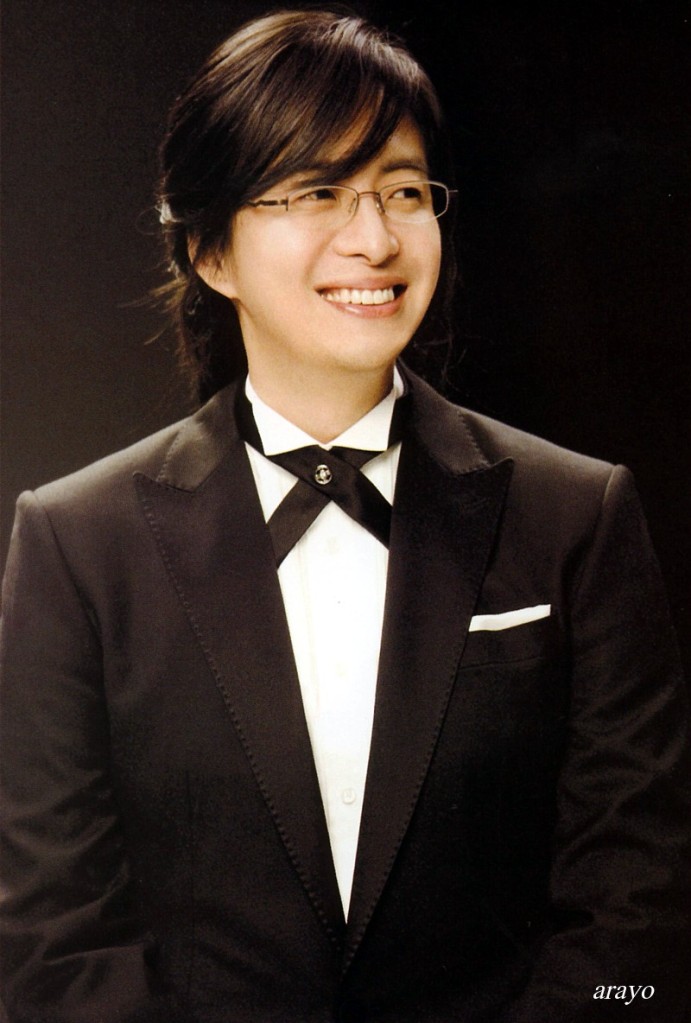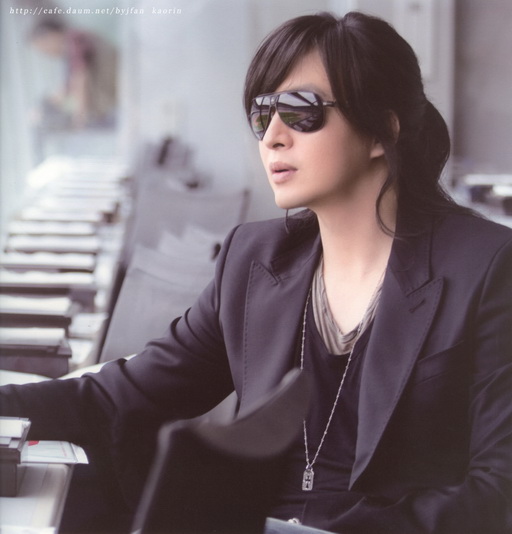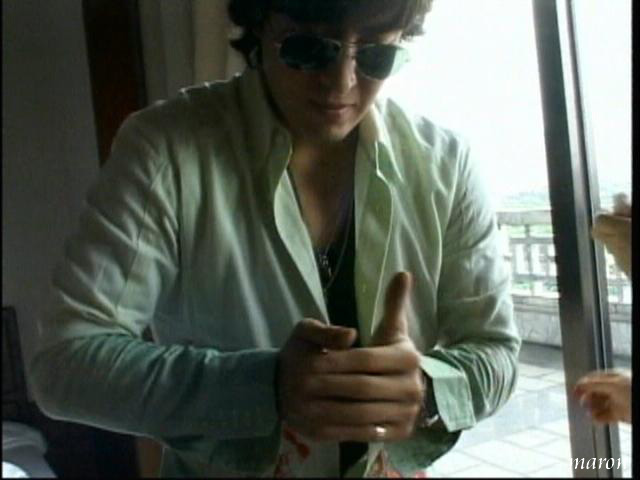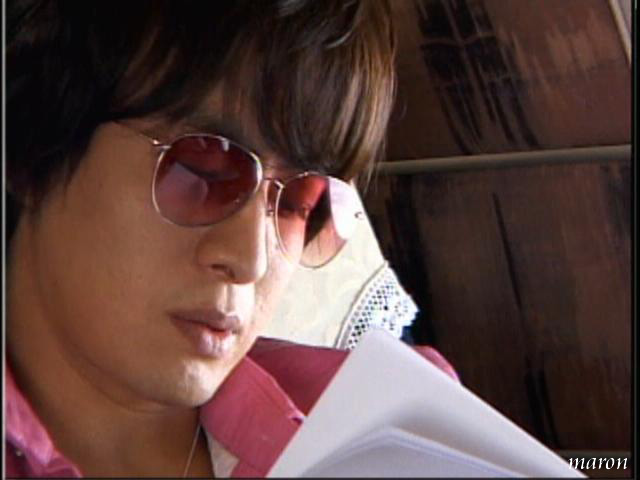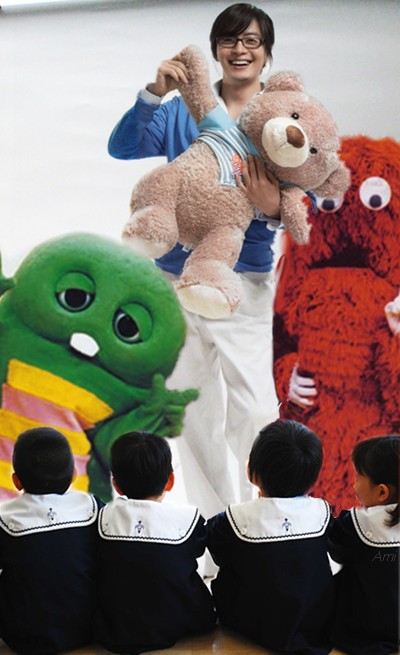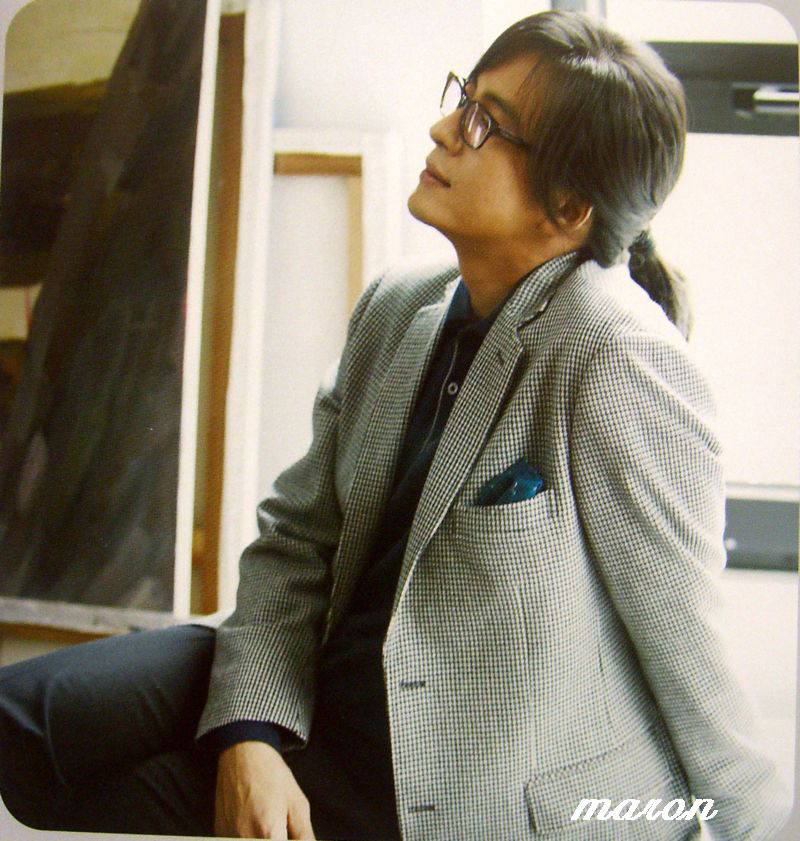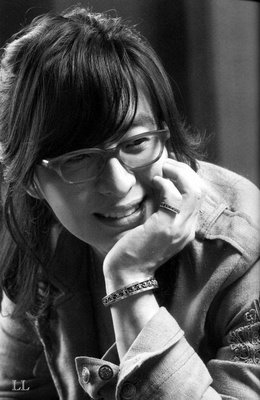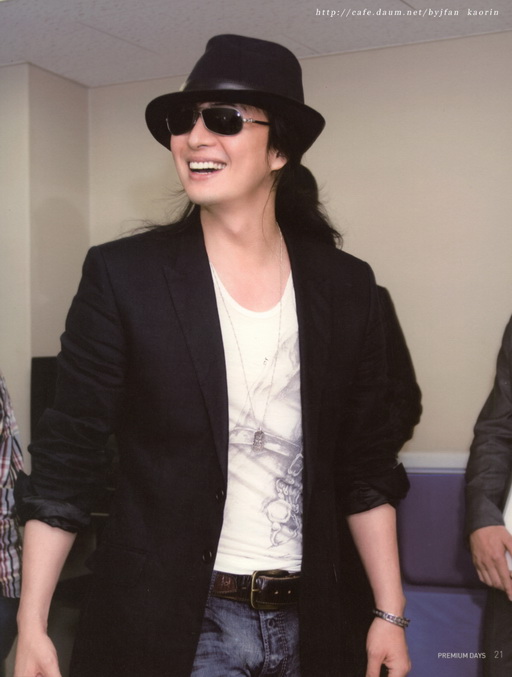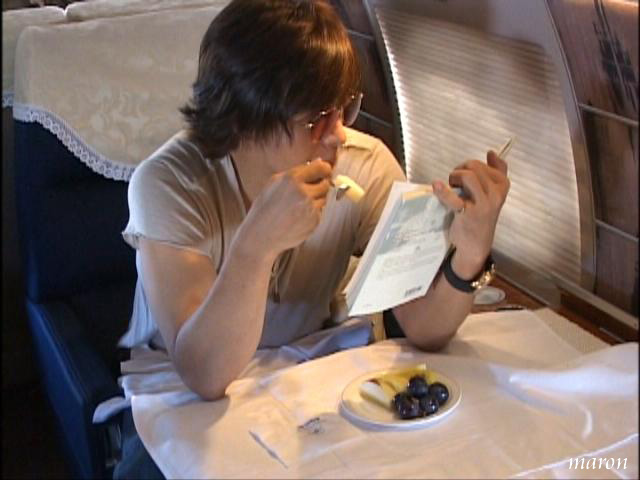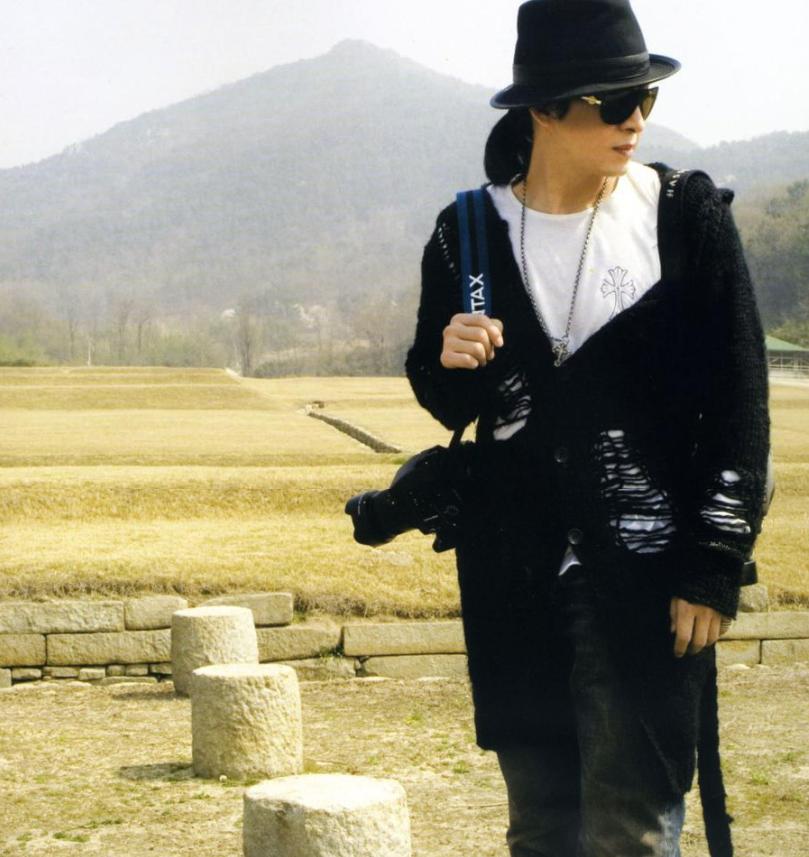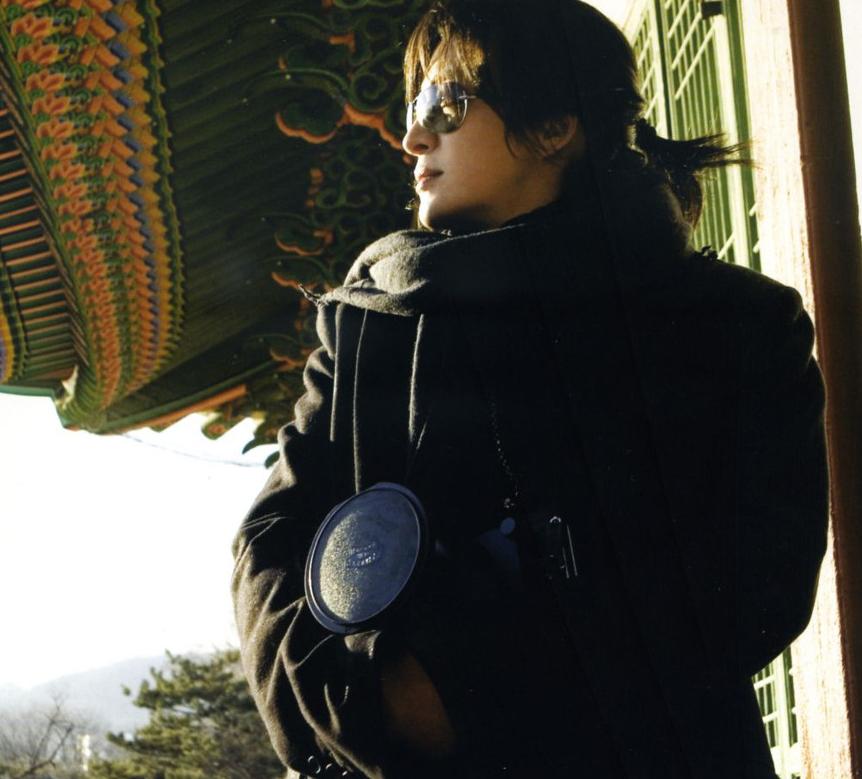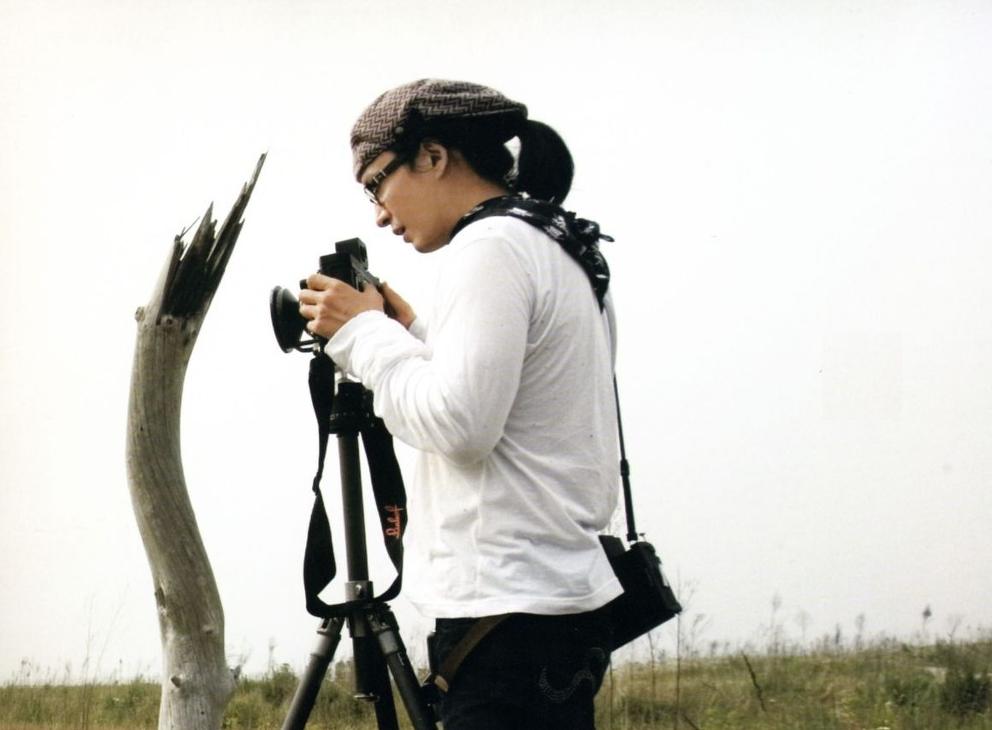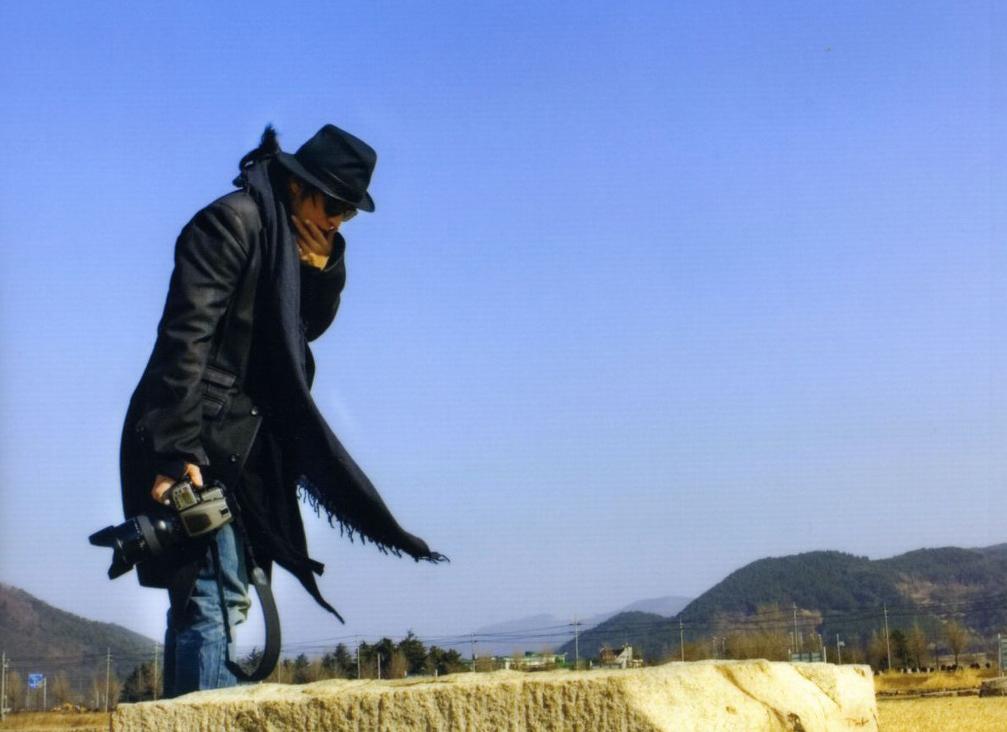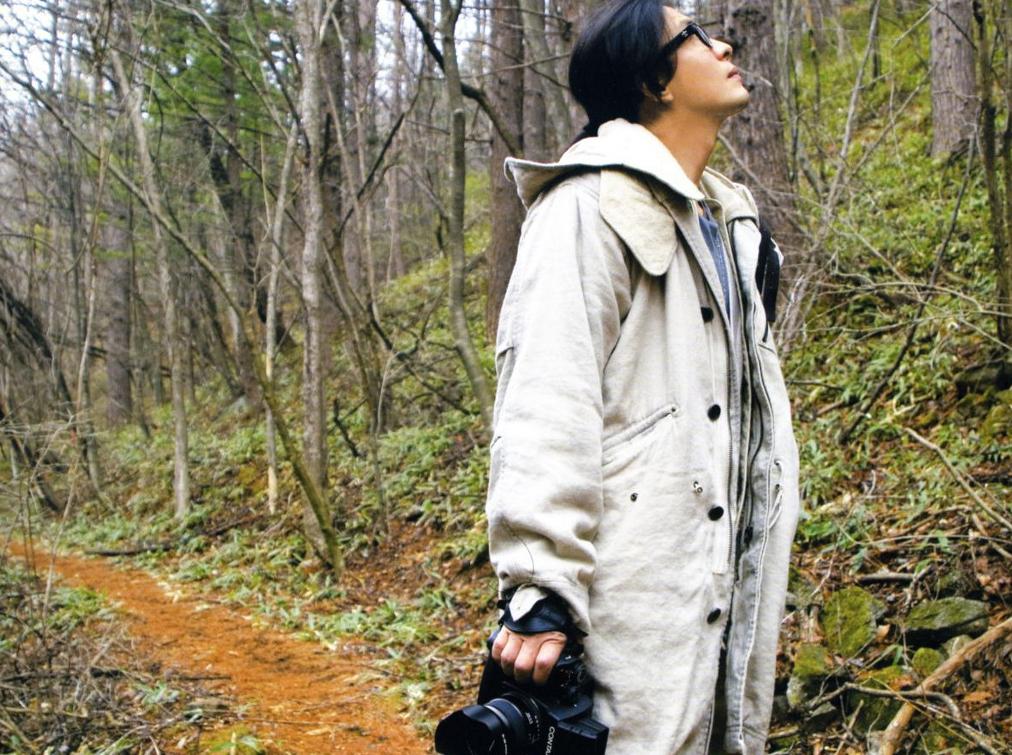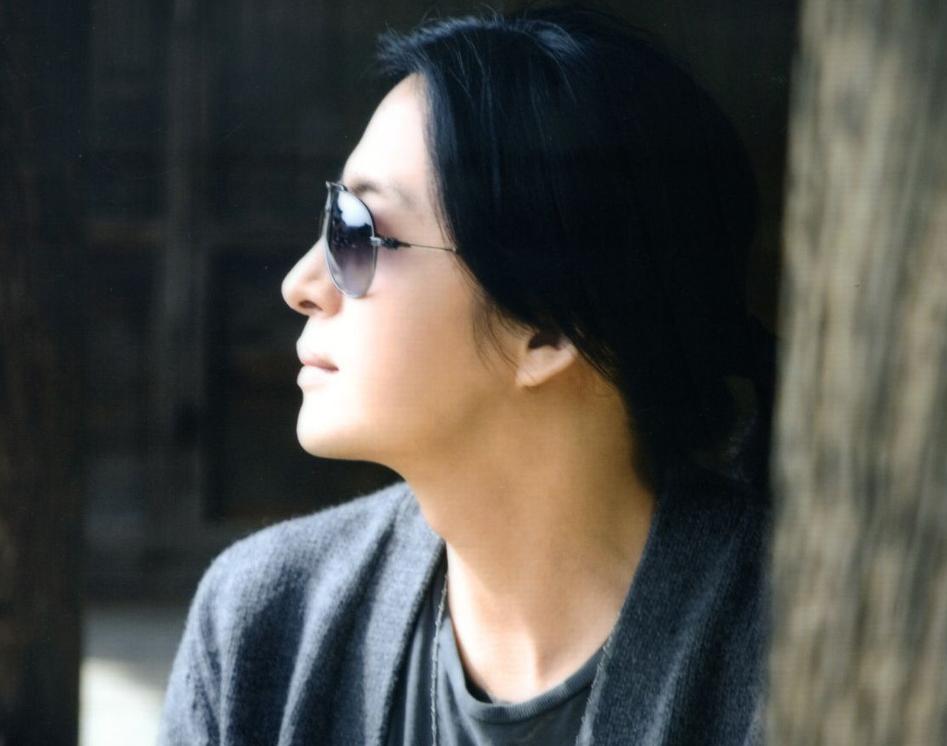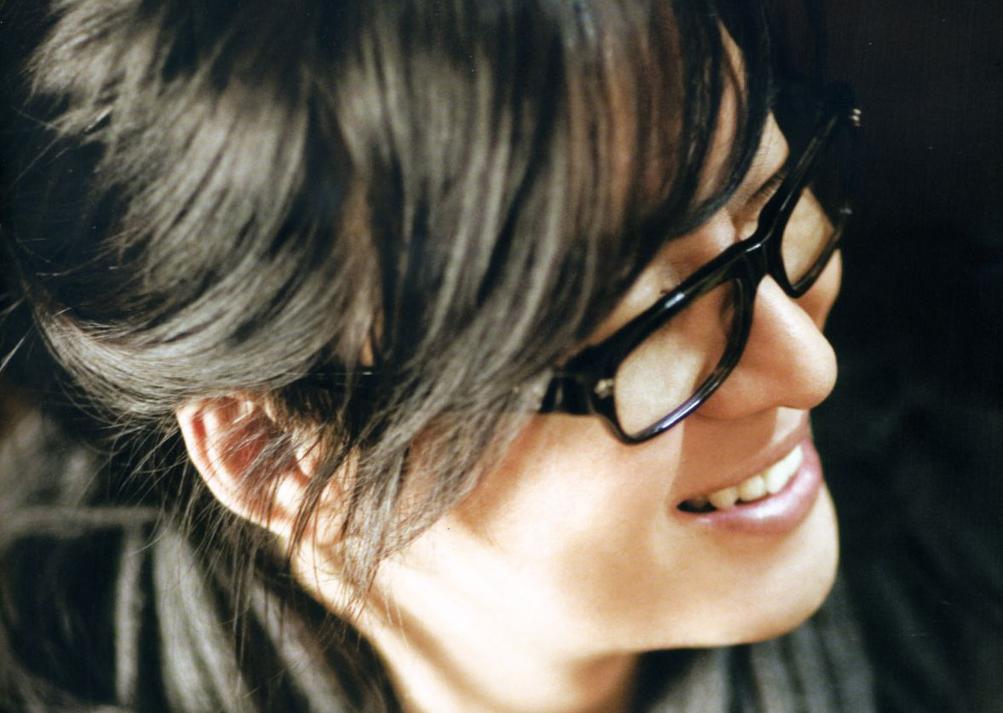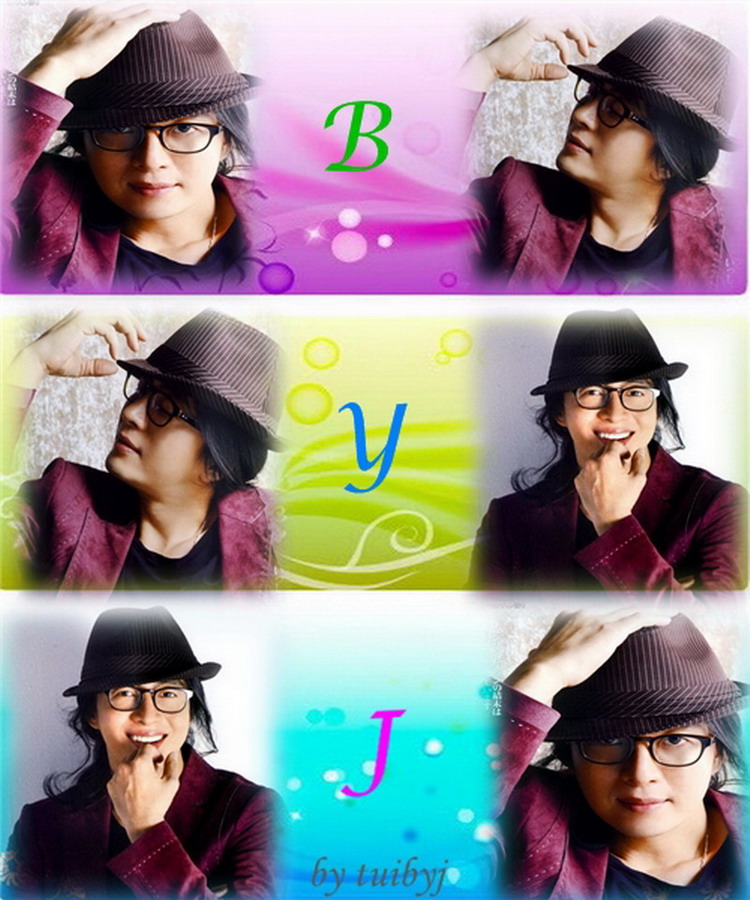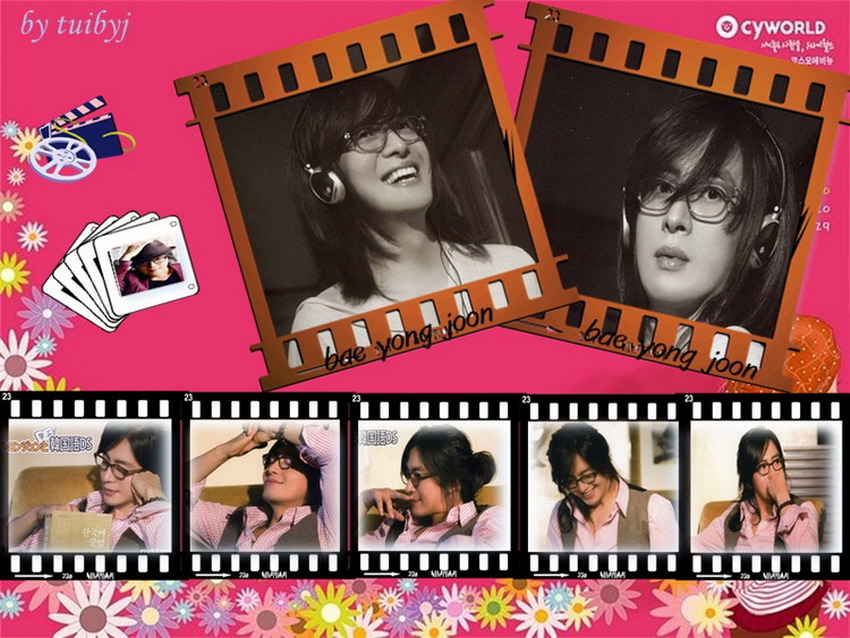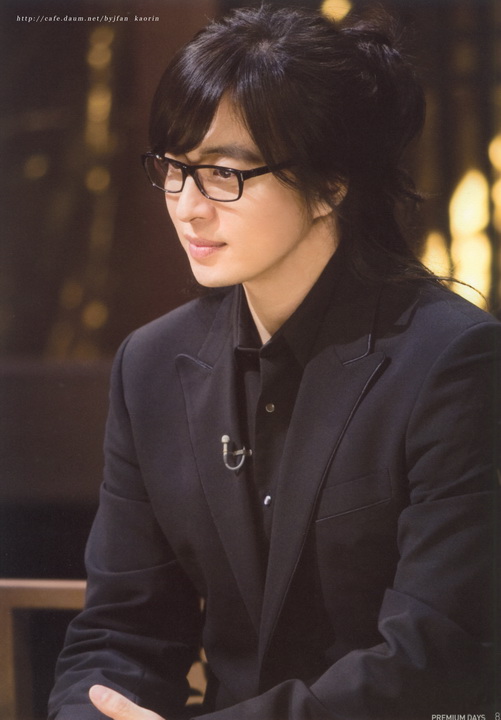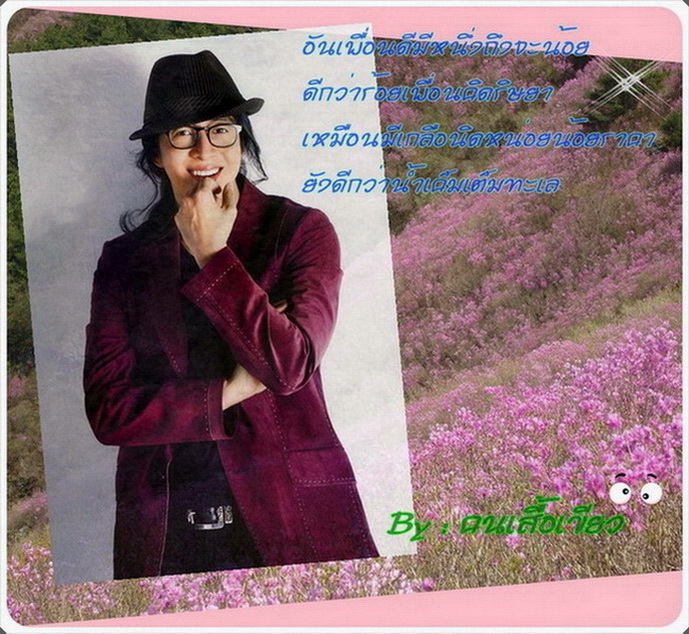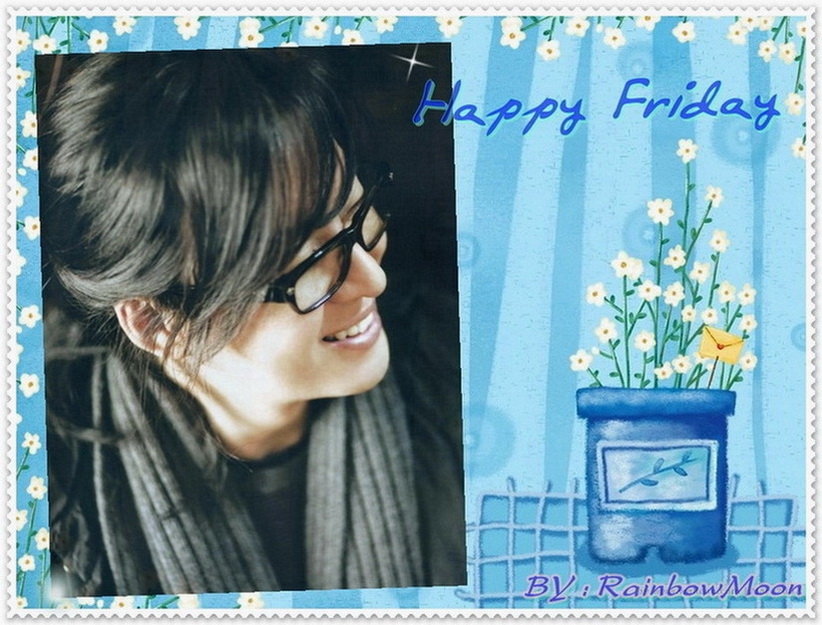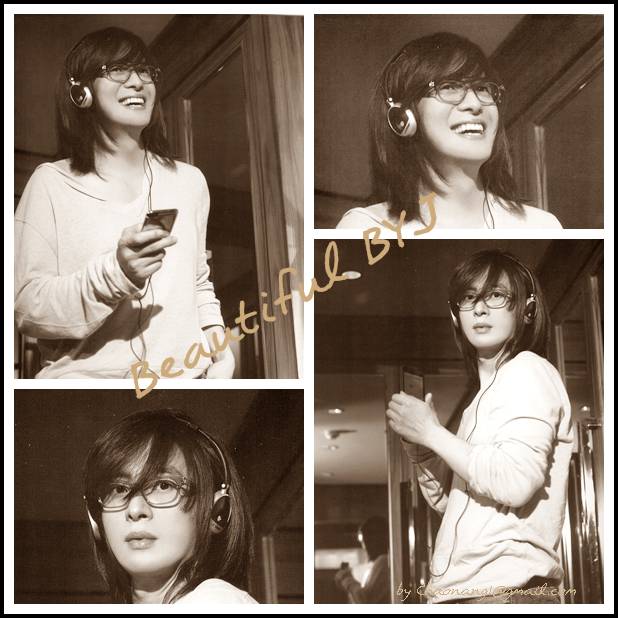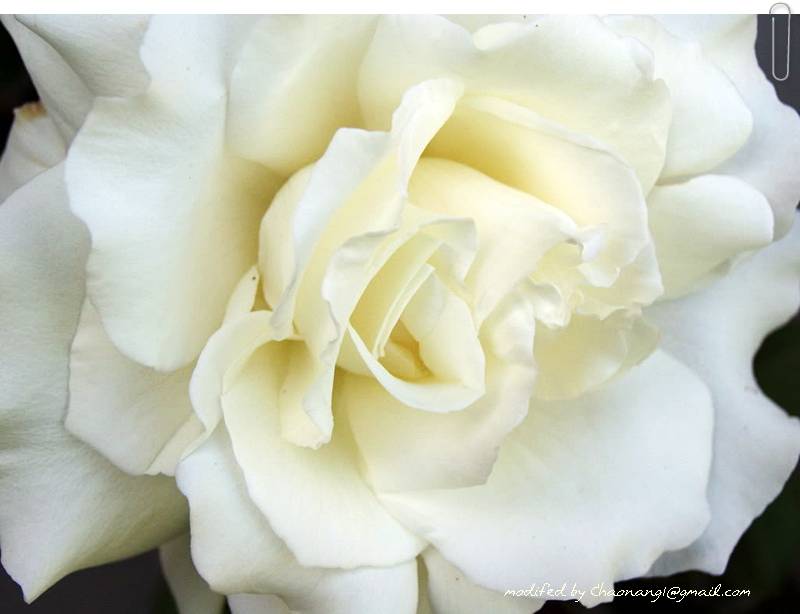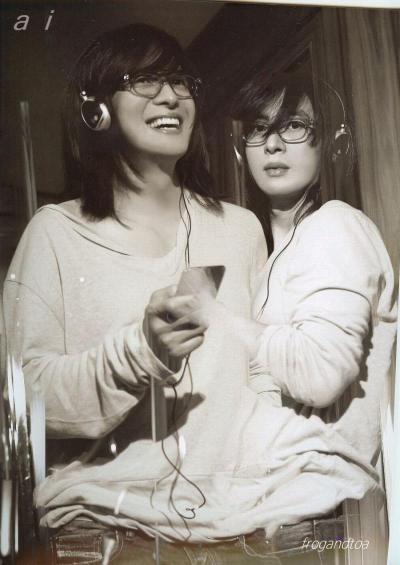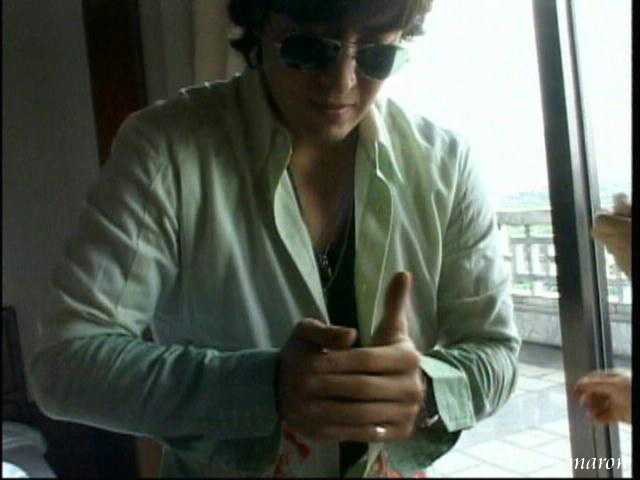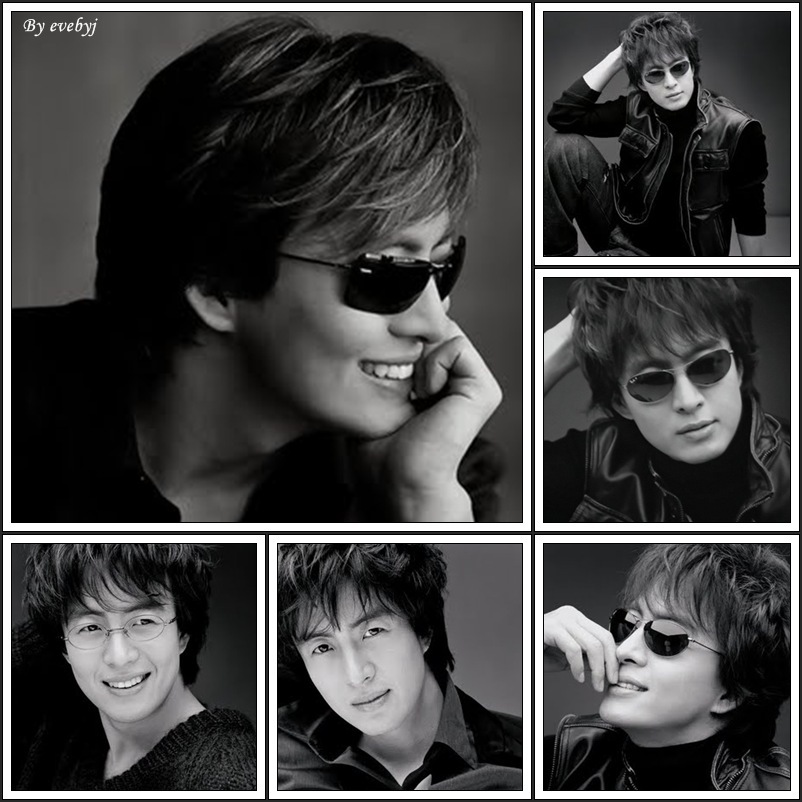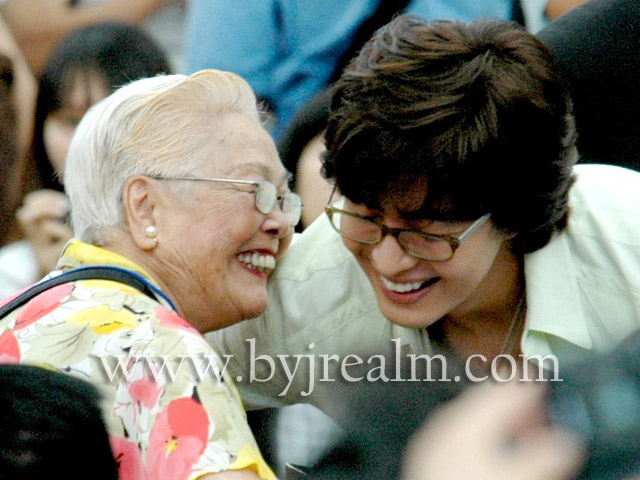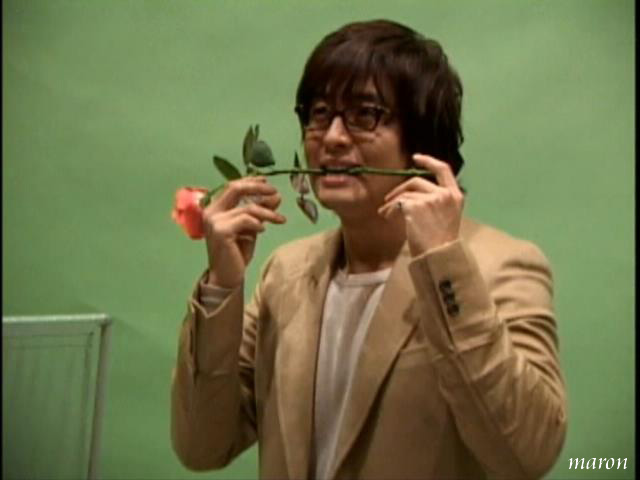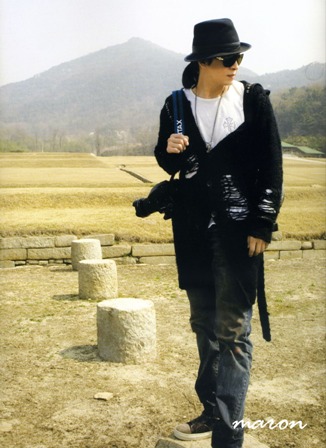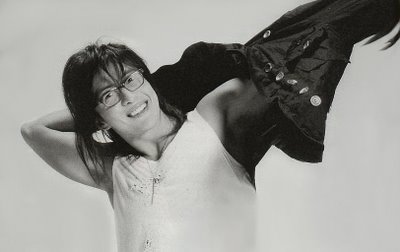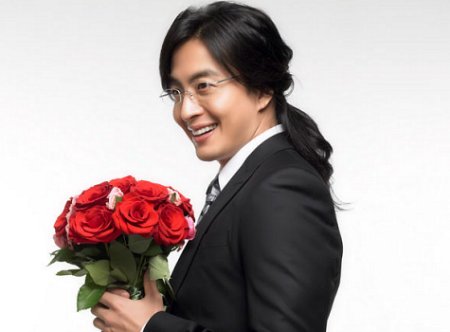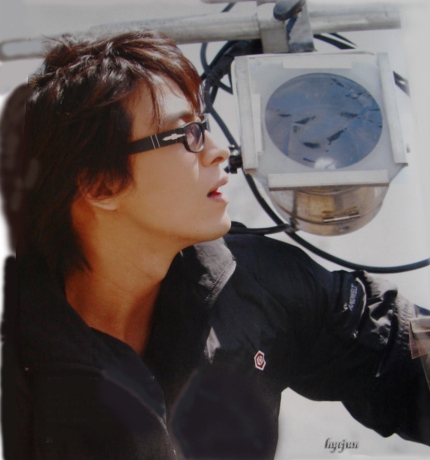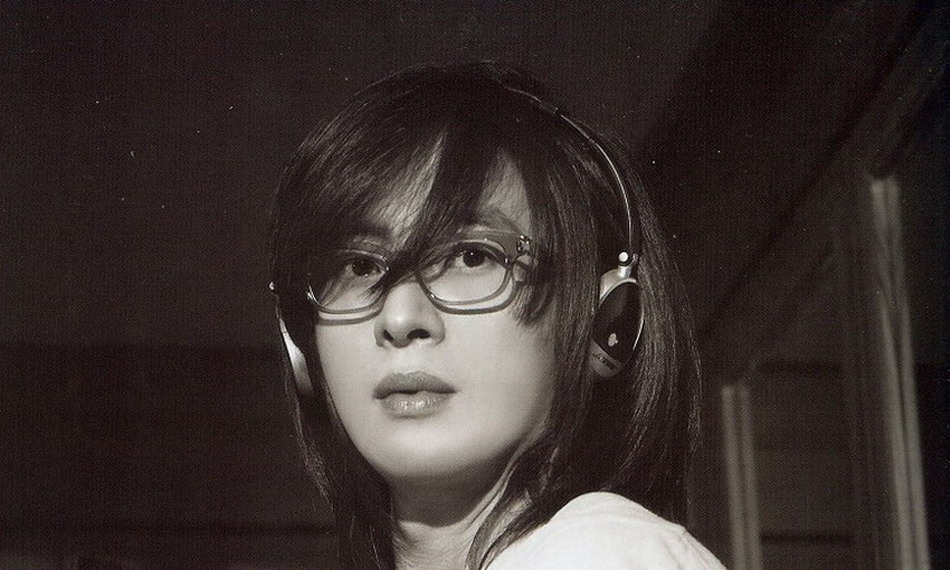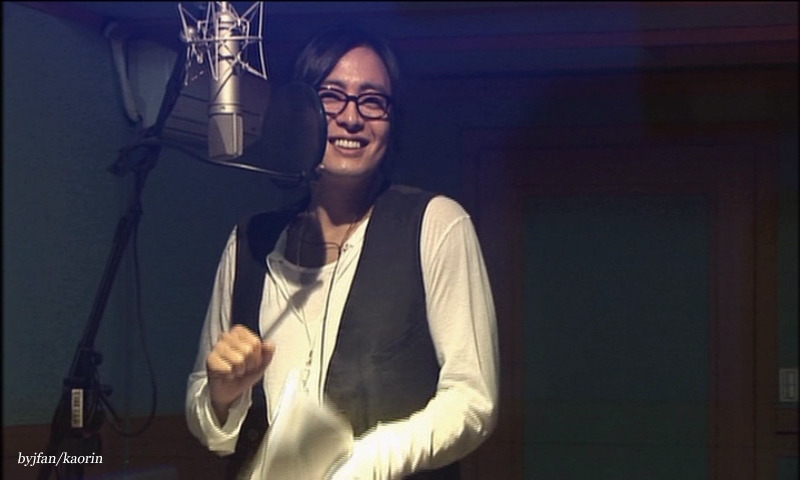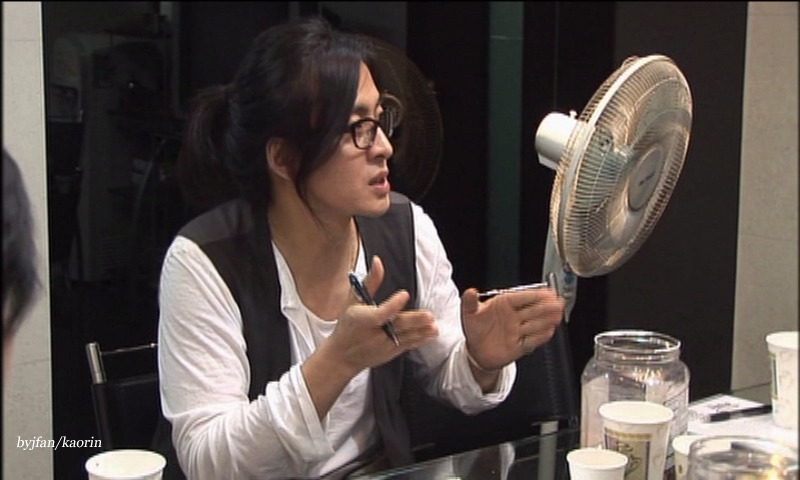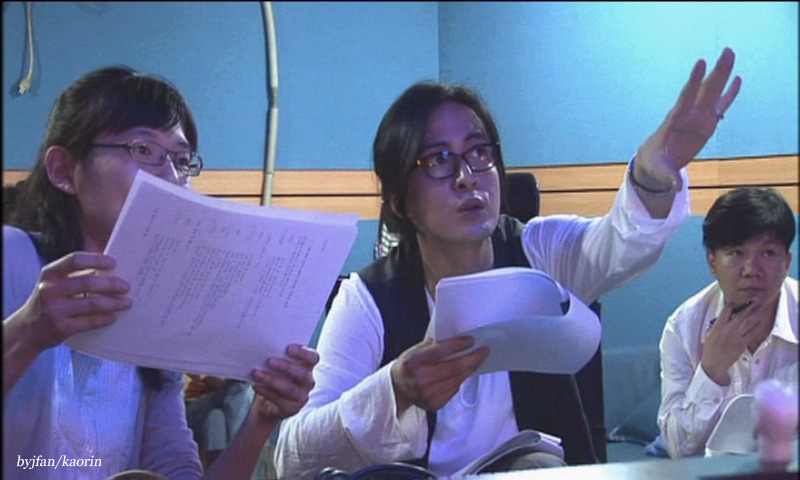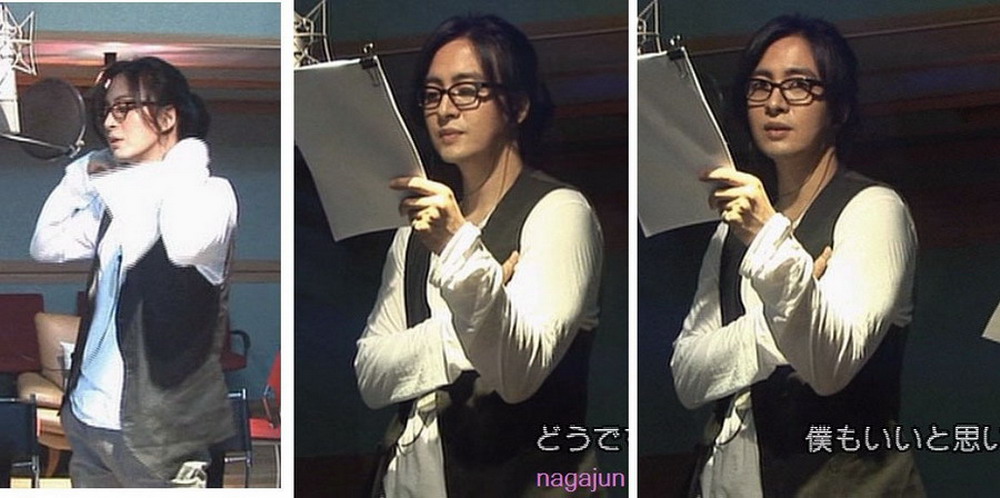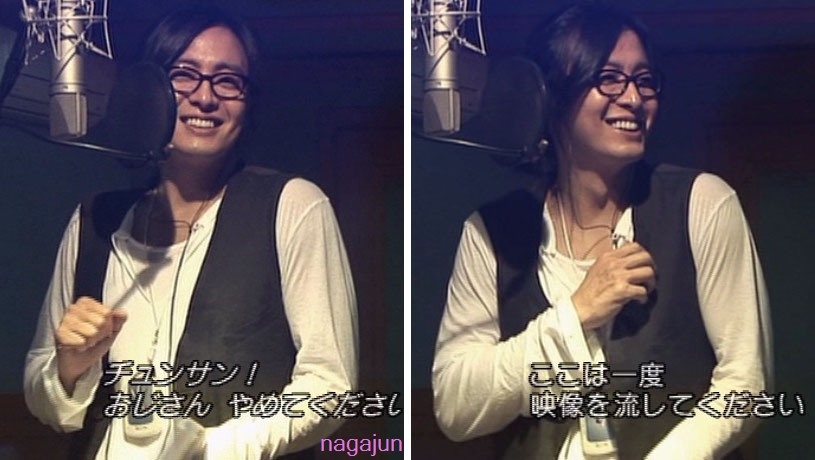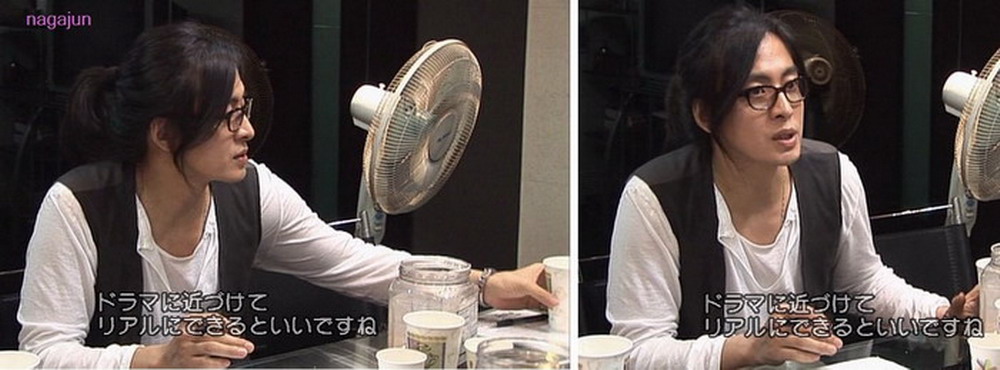 |
 ความคิดเห็นที่ 171
ความคิดเห็นที่ 171 |

[Trans] Interesting reading re translating BYJs writing
Original: wonchun / tieba.baidu.com/f?kz0A
Thirdly, translators are fastidious about Fidelity, Fluency and Grace where my translation level is far distant from grace. I can only guarantee that I will do my best to achieve the accuracy.
Furthermore, although we may be able to polish the original text according to Chinese custom of reading, this can often lead to diverging from the original meaning. As I mentioned earlier, the particular connotation in Korean may vary from the literal translation in Chinese, often to a great extent.
My heart felt hope is that the publication of the Chinese version will be out soon. I am hoping that the translation will be able to preserve the primary flavor. May it be translated by highly skilled Korean or Chinese nationalities, to truly reach the level of Grace. I also wish to learn from it. Below is the translation from BYJs original text. Please excuse my limited skill.
<Omit the actual translation from Korean to Chinese>
Translation Note:
BYJ wrote:
[Although I have a different religion, I often wonder how the temples in Korea managed to create numerous cultural properties, as well as maintaining such community over the past (thousands of) years. In fact I believe, if the characteristic of Buddhism is removed from Korean culture, it is the equivalent to removing the core, its like only discussing what is left.]
1. In Korean cultural properties is completely different to the Chinese cultural properties. Korean often talk about intangible cultural properties which includes music, arts, dances and crafts etc. Intangible cultural properties play an influential role in the area of safeguarding cultural heritage. The recipients (human or object) of intangible cultural properties are well respected and honored.
2. Maintaining such community was the original text written by BYJ, it can not be translated to maintaining uniformity. I have consulted my Korean friend; she stated that in Korea, whether it is Buddhism or another religion, the characteristic of a religion will not be interfered by politics. Buddhism in Korea has been preserved together with the unique characteristics of Korean temples. This is the original intention of Maintaining such community.
Thank you so much for your encouragement everyone. Im delighted to be able to discuss this translation with choguan, lynnzhoulily, 广林草湘, to explore it (translation) further.
In addition, the last sentence that BYJ wrote:
[Like such, building a traditional Korean house on the rooftop of towering high-rises, amidst the horizon of such a bleak metropolis, it appears to be applying an emphasis.]
Although this is the original text, somehow according to the Chinese custom of reading, this is still hard to understand. Why an emphasis? Can we use transliteration? Why is he referring to it as a bleak metropolis? Therefore I consulted my Korean friend.
Her understanding is that most of the towering high-rises in New York were constructed using structural reinforced concrete. Such construction is said to lack natural true beauty. On the other hand, traditional Korean house use natural raw materials. The distinctive architectural style works elegantly with the elements of edges, curves and corners. Such unique construction is regarded as warm hearted.
Therefore the word bleak as in [amidst the horizon of such a bleak metropolis] can be interpreted as such construction, isnt dull. However, can we translate it using the word ambience? She told me, its best to respect the authors original meaning, avoid adding your own flavor. Bleak should not be interpreted as monotonous. Its meaning is much richer than monotonous, just like I stated earlier.
Lastly, [it appears to be applying an emphasis]. Here the word emphasis can be interpreted as key point. In other words, [building a traditional Korean house on the rooftop of towering high-rises] isnt exactly dull. It indeed manifests a style of seriousness. This is the key point, the meaning of an emphasis.
After hearing my Koreans friends explanation, I have furthered my understanding regarding the in depth meaning of BYJs writing. We could just literally and beautifully translate the writing and express them using various methods, but it is not necessary that we fully understood BYJs original meaning.
I am truly thankful to my Korean friend. She has been studying Chinese for over 13-14 years. The Chinese version of BYJs book indeed requires a good translator. Someone who specializes in Korean culture, can express the true meaning between the lines of BYJs writing. I believe my Korean friend fits the bill. I truly need to learn from her.
__________________________________
| จากคุณ |
:
:) (มันจะดีเหรอคะ)   
|
| เขียนเมื่อ |
:
18 ก.ย. 52 10:53:42
|
|
|
|
 |
